All Blog Posts
Read more about the latest news from CODE.
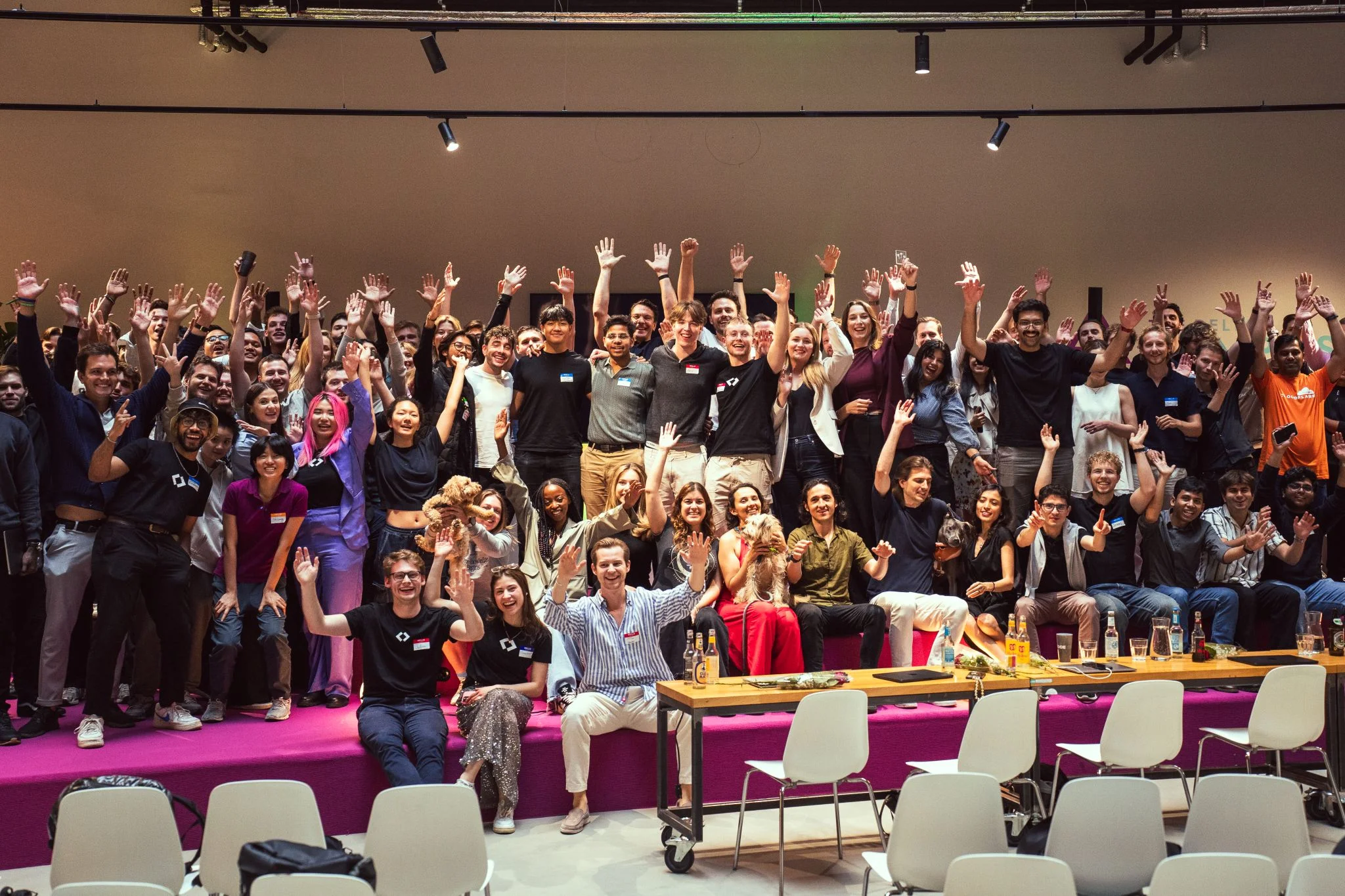
SummerUP at CODE: One Week, 40+ Projects and Real Users
By Paulina
SummerUP is CODE’s one‑week sprint where students and external participants turn ideas into real MVPs on our Berlin campus. With mentoring from founders and investors, teams combine software engineering, digital design & innovation, and ent...
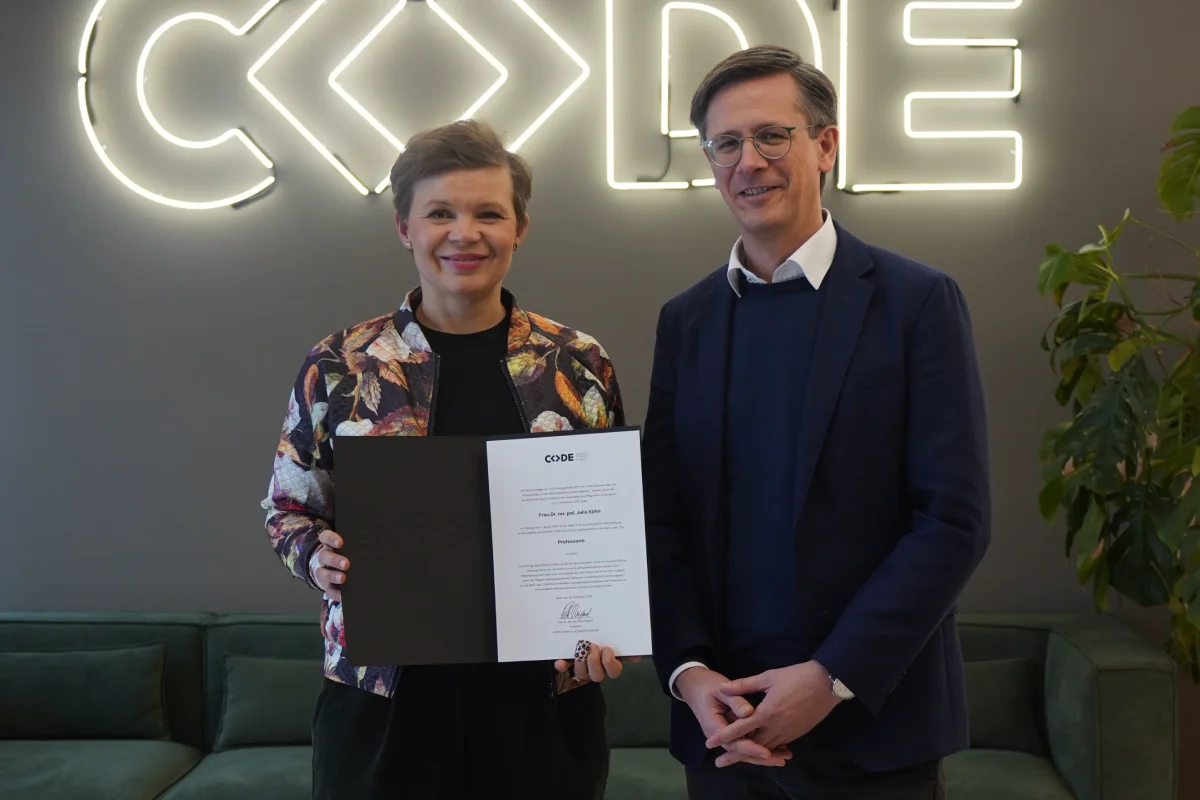
Prof. Dr. Julia Koehn joins CODE as Professor of Entrepreneurship
By Paulina Steffen
We’re excited to welcome Prof. Dr. Julia Koehn as CODE’s new Professor of Entrepreneurship. Her work explores how innovation, uncertainty, and capital markets shape growth and help turn ideas into real impact.
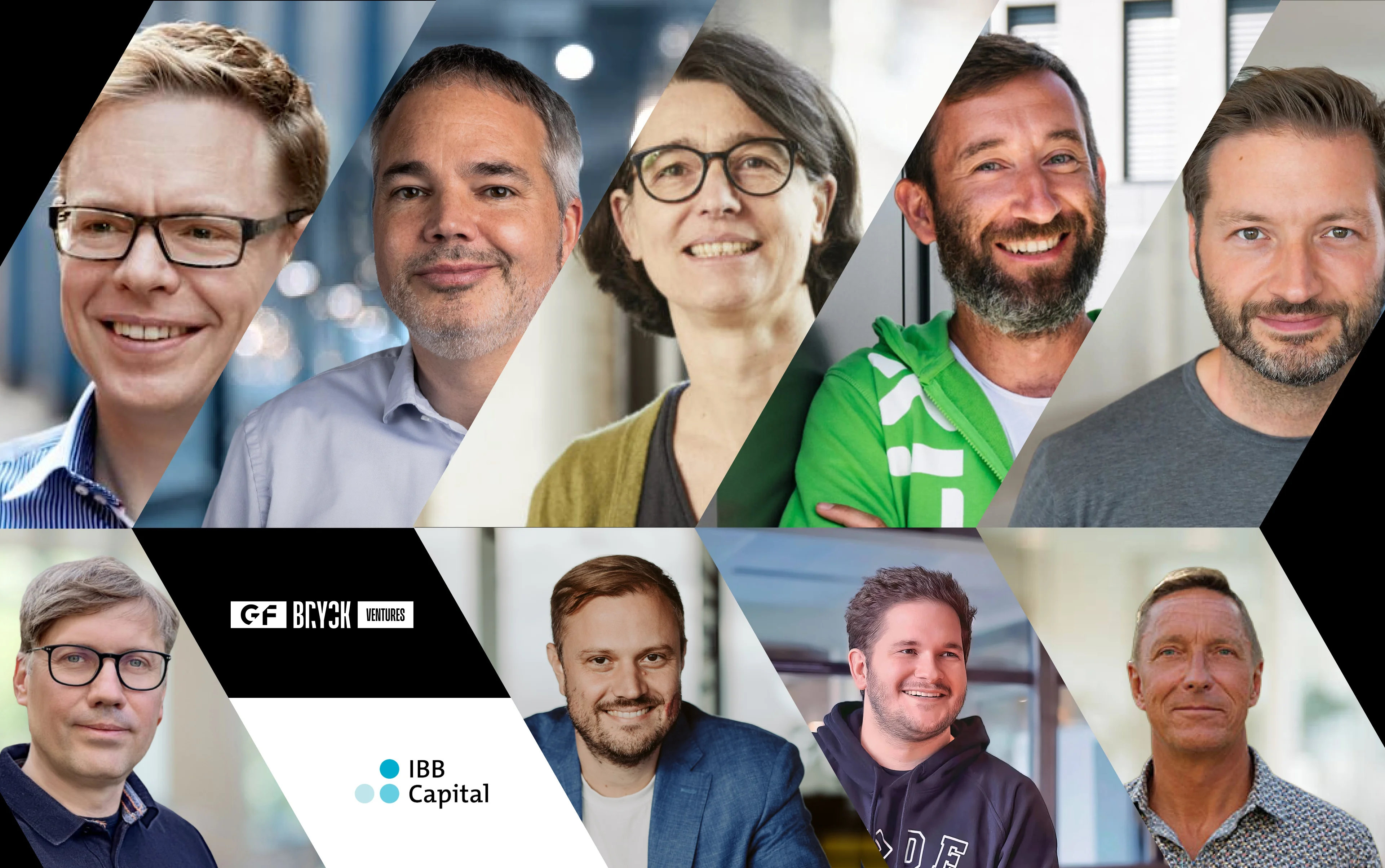
Berlin-based startup university CODE secures multi-million euro funding
By CODE
CODE University of Applied Sciences has raised more than 7 million euros in a key financing round from renowned founders and investment funds.
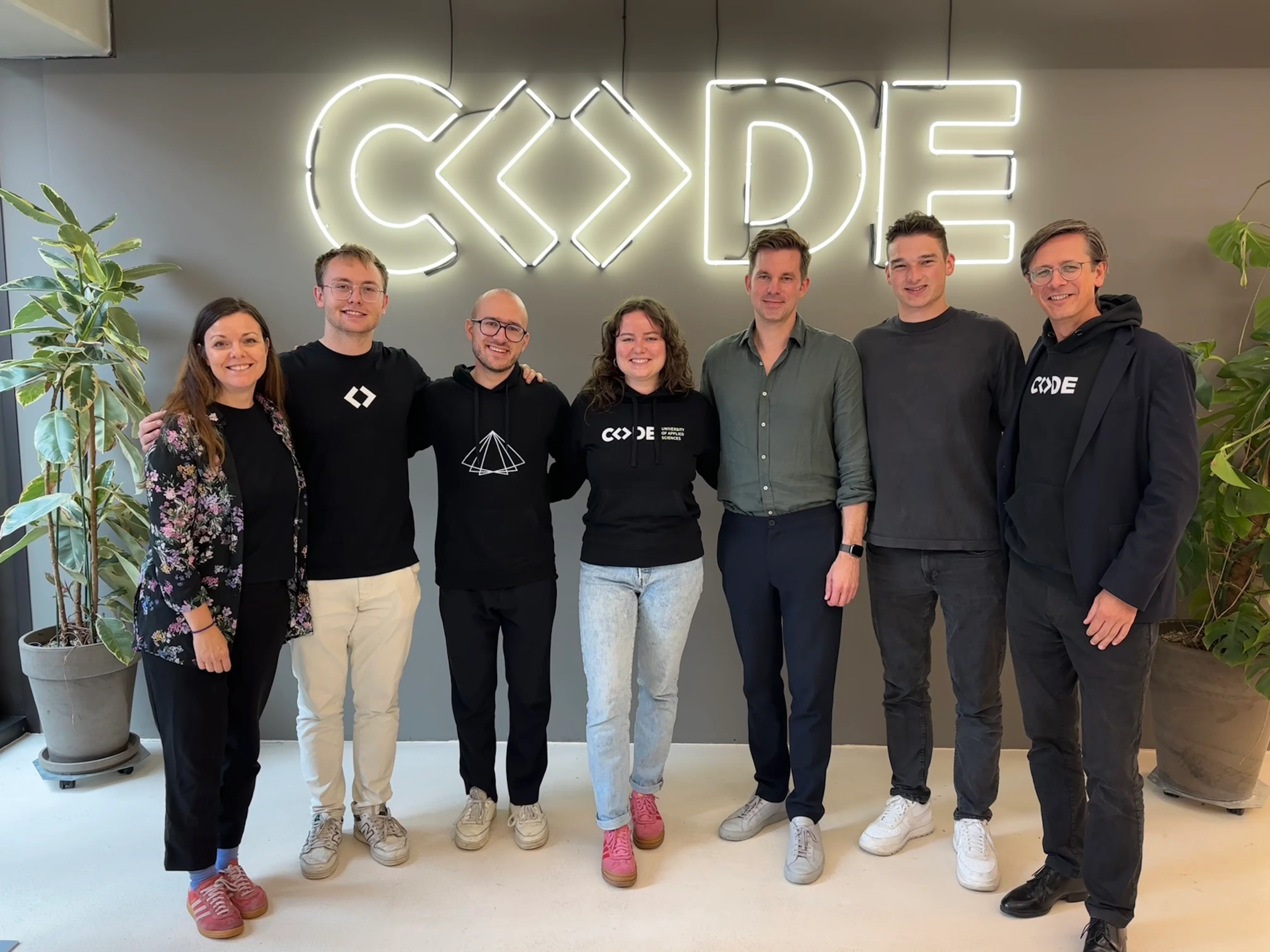
EWOR and CODE University of Applied Sciences Join Forces to Empower the Next Generation of Outlier Founders
By Paulina
CODE University of Applied Sciences and EWOR, the highly selective fellowship for outlier founders, announce their strategic partnership. Together, the two institutions aim to identify and support extraordinary entrepreneurial talents – so-...
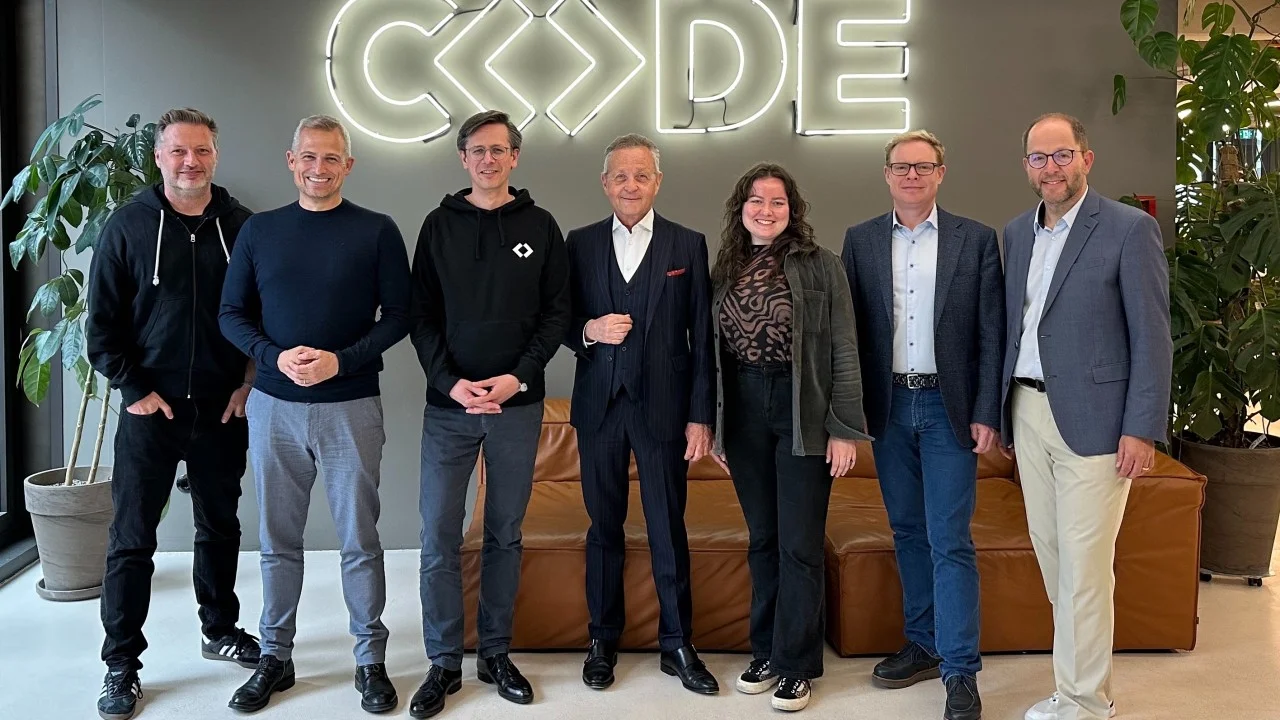
CODE appoints Klaus Lutz to the University Council – new chair brings a strong voice from business and industry
By CODE
CODE University of Applied Sciences has appointed Klaus Lutz to its University Council. The Chairman of the Supervisory Board of Giesecke+Devrient and President of the Chamber of Commerce and Industry for Munich and Oberbayern will take ove...
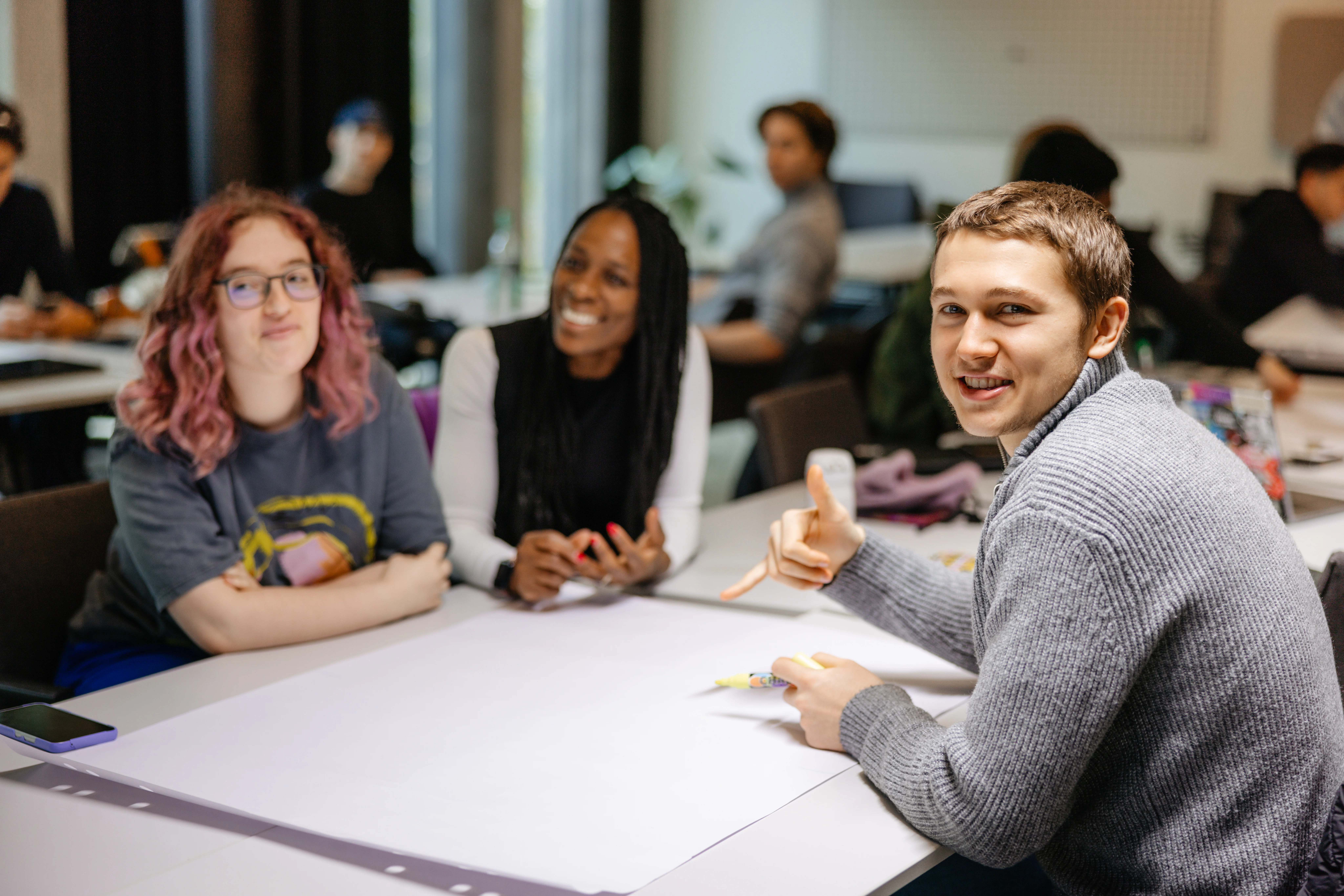
Study smart at CODE Berlin: The Future of Education
By Paulina
At CODE Berlin, education is redefined. Instead of traditional lectures and standardized exams, our students engage in hands-on, self-directed, and project-based learning. This approach ensures active participation, critical thinking, and r...
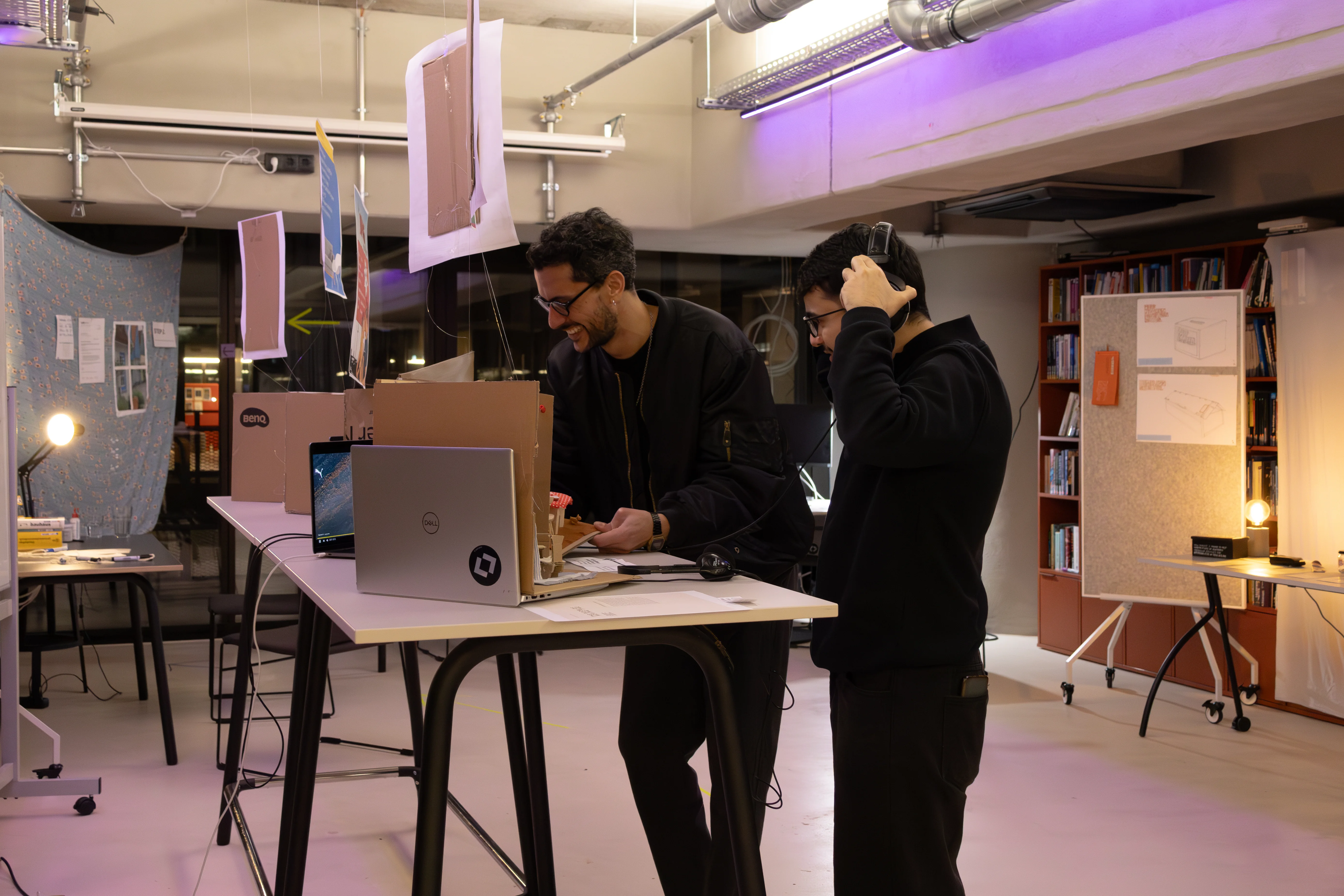
IT Scholarships: Your Chance for a Funded Tech Degree
By CODE
Dreaming of a career in the IT industry but worried about tuition fees? Don't worry! At CODE Berlin, we believe financial barriers shouldn't stand in the way of your future in tech. Here, we introduce you to a range of scholarship options a...

Duration of Studies at CODE Berlin: Your Flexible Path into the Digital Workforce!
By CODE
At CODE University of Applied Sciences, we offer innovative degree programs in digital product development with flexible study durations. Here you’ll find everything you need to know about the duration of our programs and how you can tailor...

Study IT in Berlin
By CODE
A degree in IT is the key to a future-proof career. In an increasingly digital world, where technologies like artificial intelligence, big data, and cloud computing are becoming more important, IT professionals are in high demand.
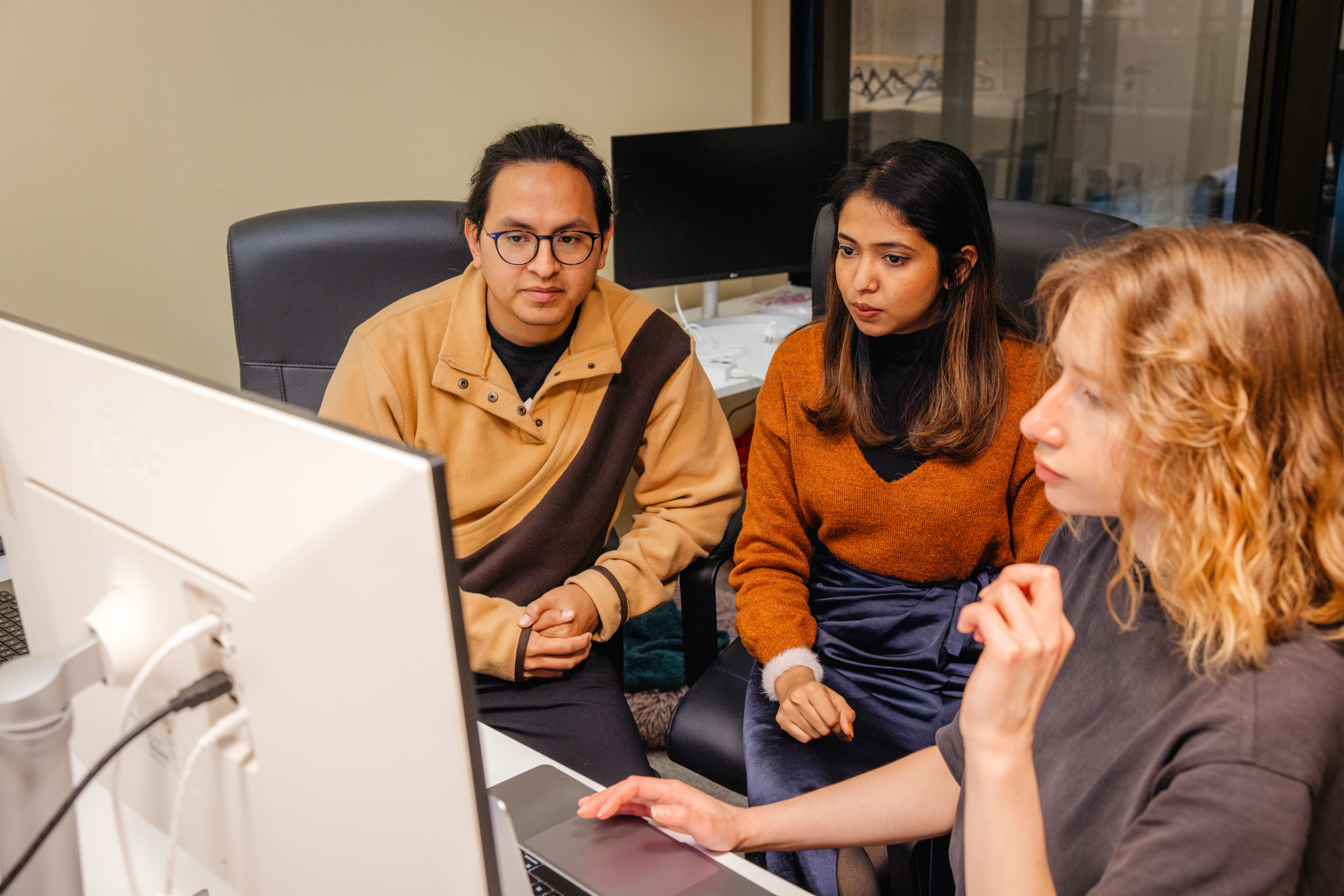
CODE introduces its first Master’s program
CODE University of Applied Sciences will soon offer, in addition to its three existing bachelor’s programs, a master’s degree program. Starting in the fall semester of 2025, students at the startup university will be able to pursue a Master...

CODE, the university for startups, defines new study priorities
CODE University of Applied Sciences in Berlin, one of the leading universities for digital product development, is expanding its focus on future-oriented fields. As part of this, the degree programs “Bachelor of Arts in Product Management” ...
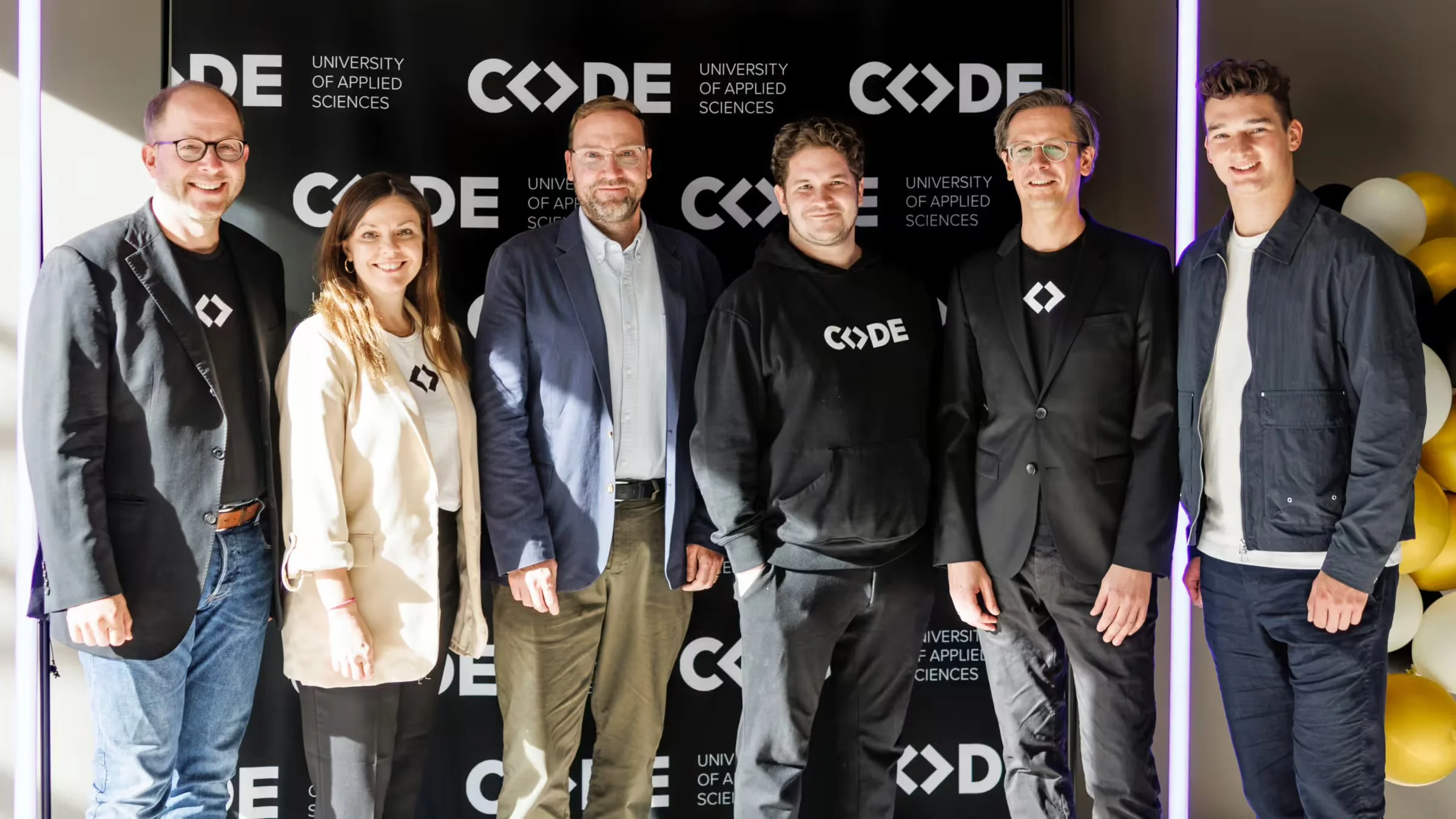
CODE University of Applied Sciences will be sending students to Stanford from 2025
By CODE
Berlin, October 18, 2024 – As one of the hand-picked partners of the Stanford Summer Session International Honors Program, CODE University of Applied Sciences will send selected students to the prestigious university in Silicon Valley durin...
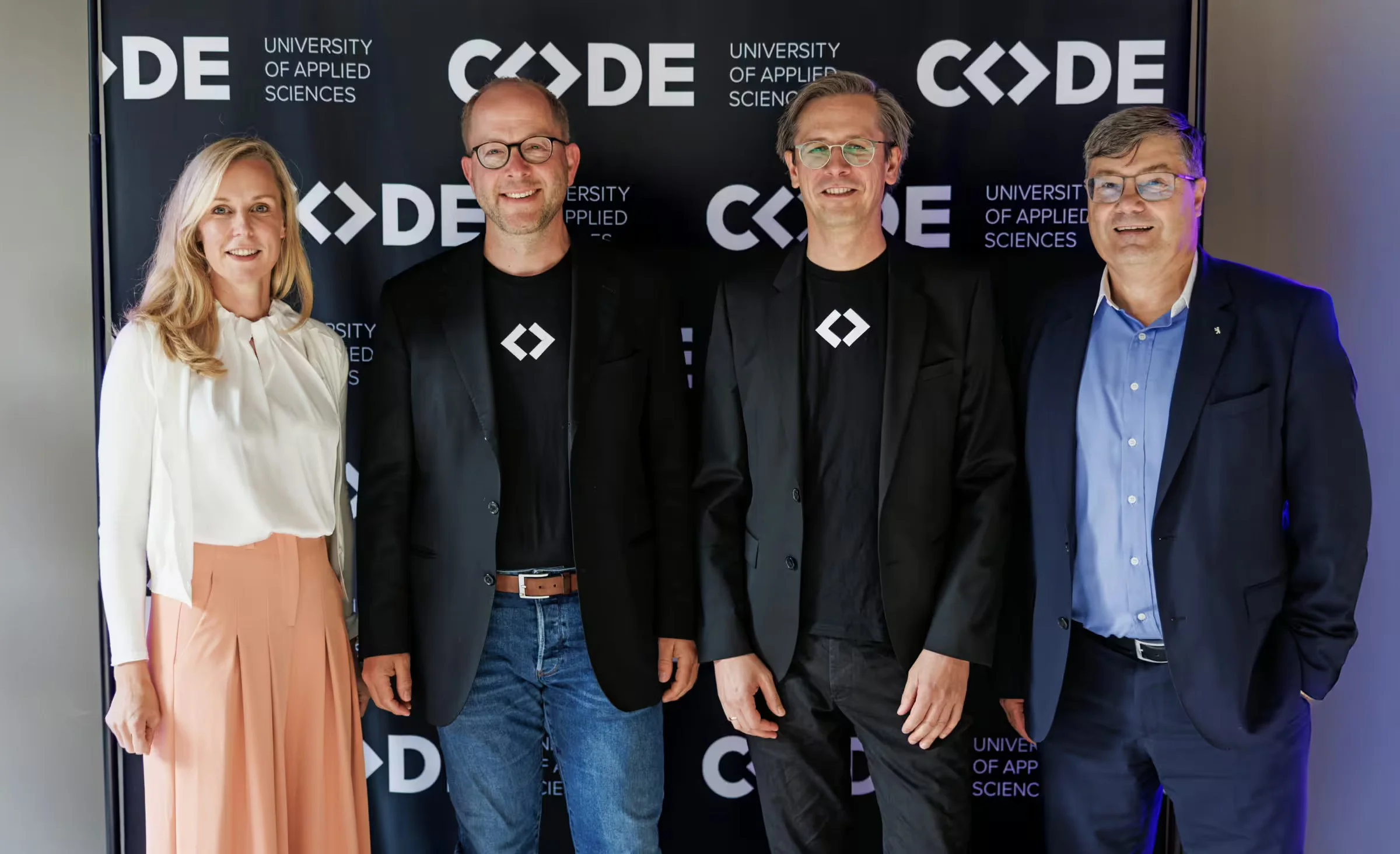
CODE secures seven-figure growth financing from Investitionsbank Berlin
By CODE
IBB Capital is providing 70 percent of the investment volume as part of this relevant financing component. The public funds of IBB Capital GmbH, which leverages private funds, come mainly from the BerlinInnoGrowth program refinanced by KfW ...

Startup university CODE moves into campus in Berlin-Neukölln
By CODE
Berlin, September 24, 2024 – CODE University of Applied Sciences, which is supported by more than 50 of Germany’s most successful startup entrepreneurs, celebrated the opening of its new campus in Berlin-Neukölln on Monday. Guests included ...

Project-based learning around the world
By CODE
Project-based learning (PBL) is a well-established concept, having been founded and propagated by early pioneers in philosophy – Aristotle, Confucius, and Socrates. To learn by doing is a discernible activity in several stages of learning t...

Unicon 2024
By CODE
March 15, 2024, was all about the 7th Annual Edition of CODE students’ Unicon Conference.

Active Learning in Germany
By CODE
This article delves into the conceptual framework of active learning and its advent and evolution in Germany. Our primary focus is on the learning methods itself, and how they can be used to boost understanding and practical experience. Thi...
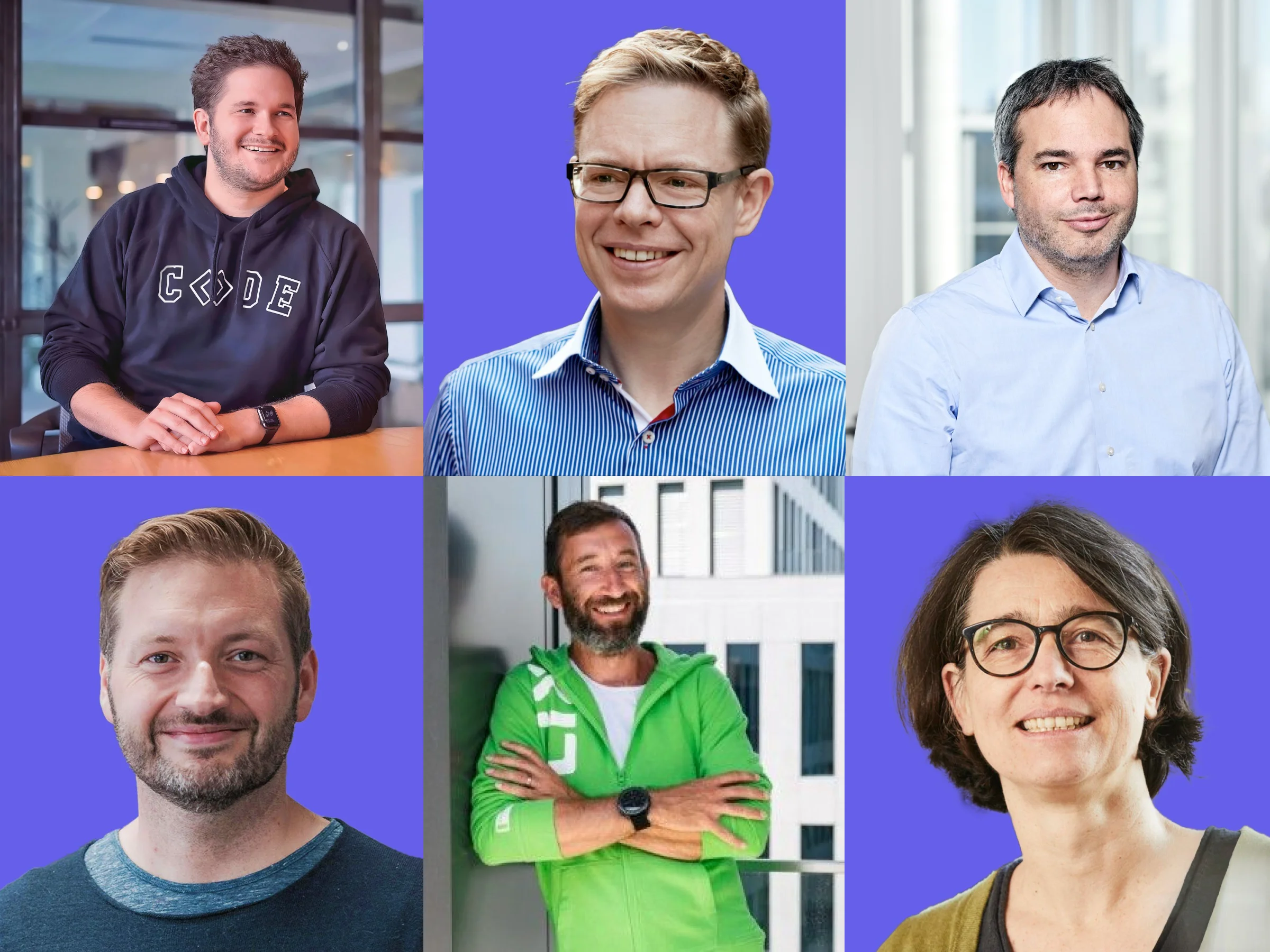
Renowned German Startup Entrepreneurs Join Forces to Expand Berlin’s CODE University
By CODE
Berlin, January 29, 2024 – Seven years after the founding of CODE University of Applied Sciences, the founders have laid the foundation for further development with the “CODE Trust”: Five outstanding sponsors want to make the Berlin univers...
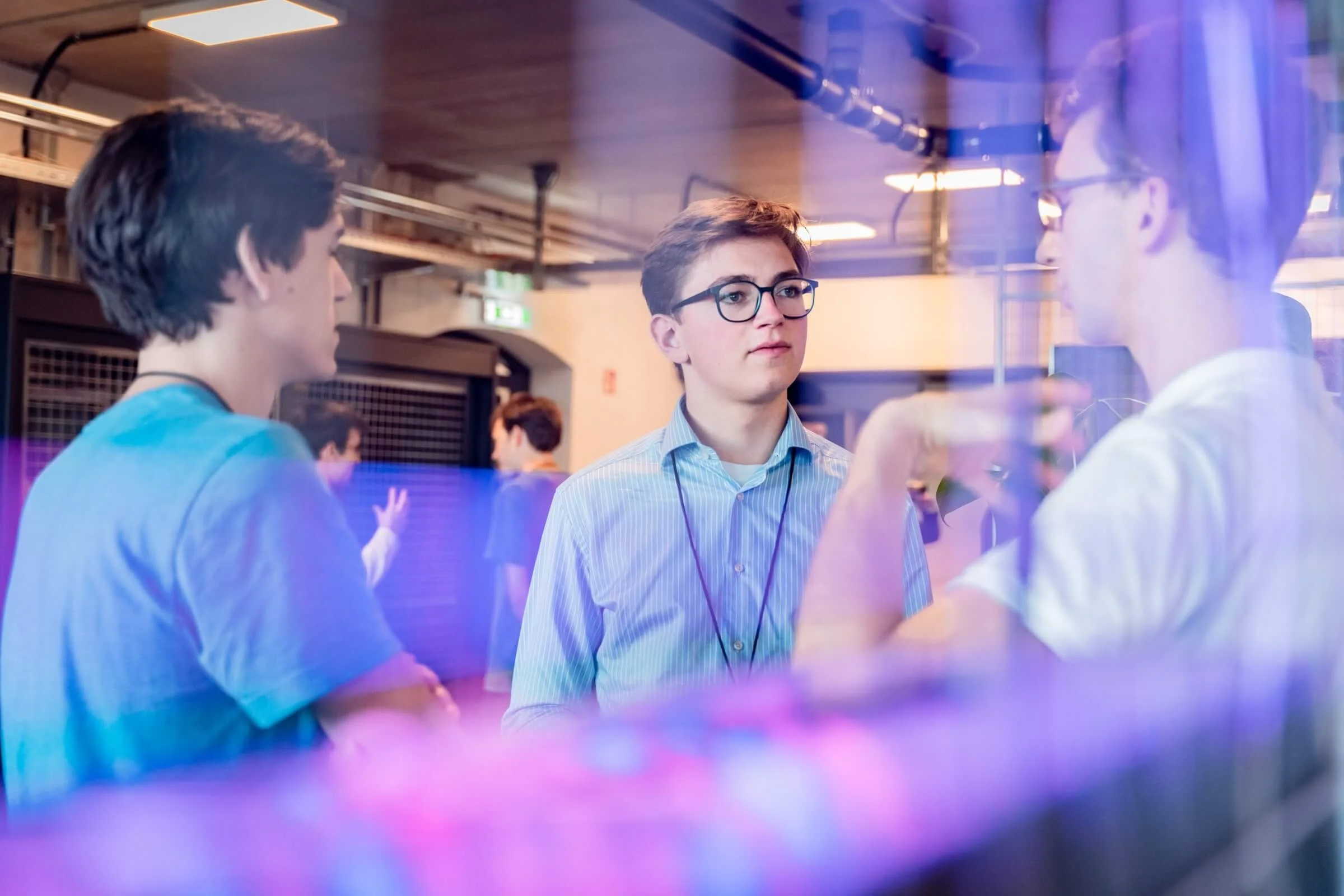
The Vital Role of a Product Manager in Driving Digital Product Success
By CODE
In the dynamic world of digital product development, the role of a product manager has emerged as a critical driver of success. As technology continues to shape industries, businesses require skilled professionals who can effectively naviga...

Thrilling Careers Unleashed by a Product Management Degree
By CODE
Are you passionate about innovation, technology, and shaping products that captivate users? A Product Management degree opens the door to a world of exciting career opportunities. In this exhilarating blog post, we will explore ten thrillin...
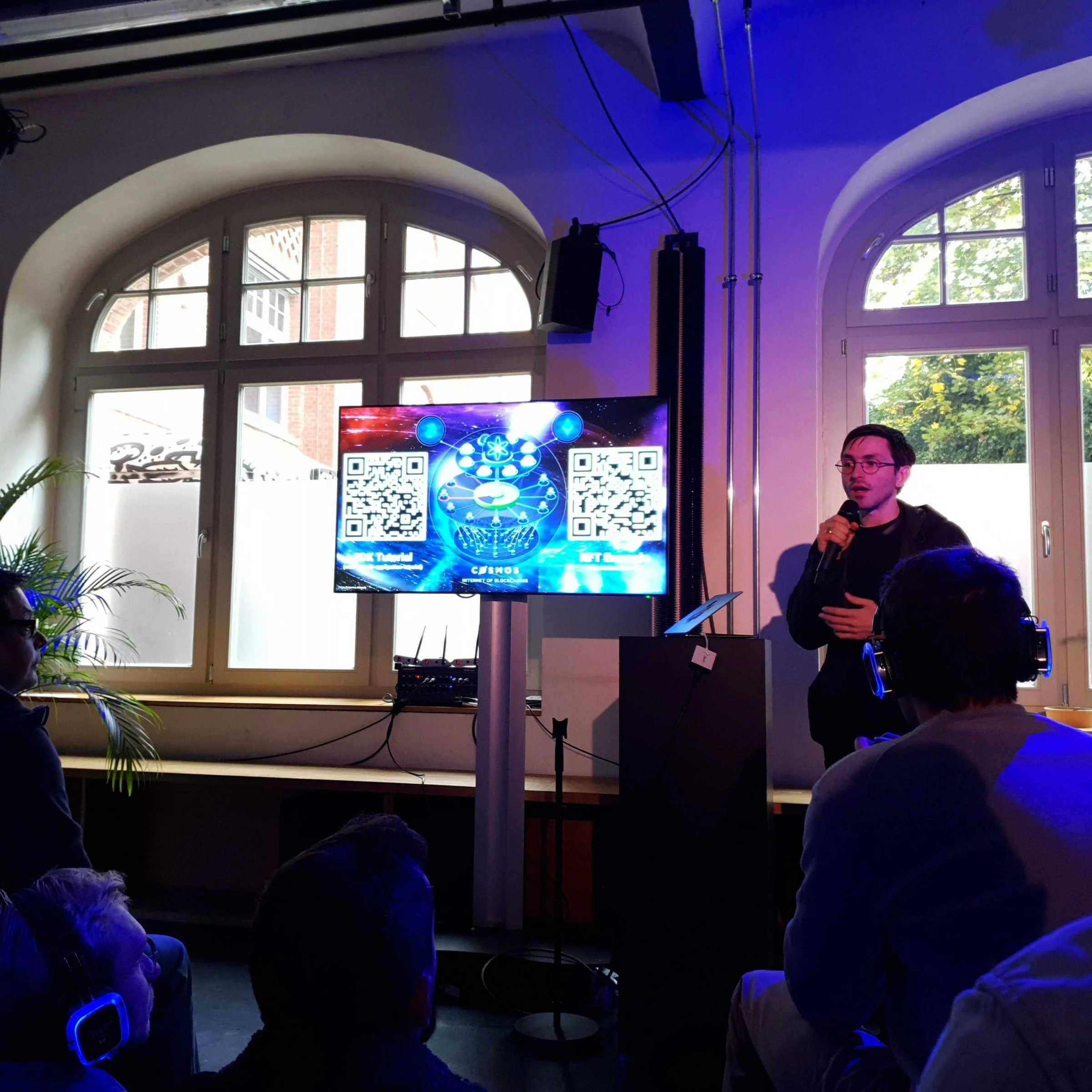
Revolutionize Your Tech Education at CODE University of Applied Science
By CODE
Welcome to the official blog of CODE University of Applied Science, Berlin’s premier tech university! If you’re passionate about technology, startups, and innovative learning, you’ve come to the right place. In this article, we’ll delve int...
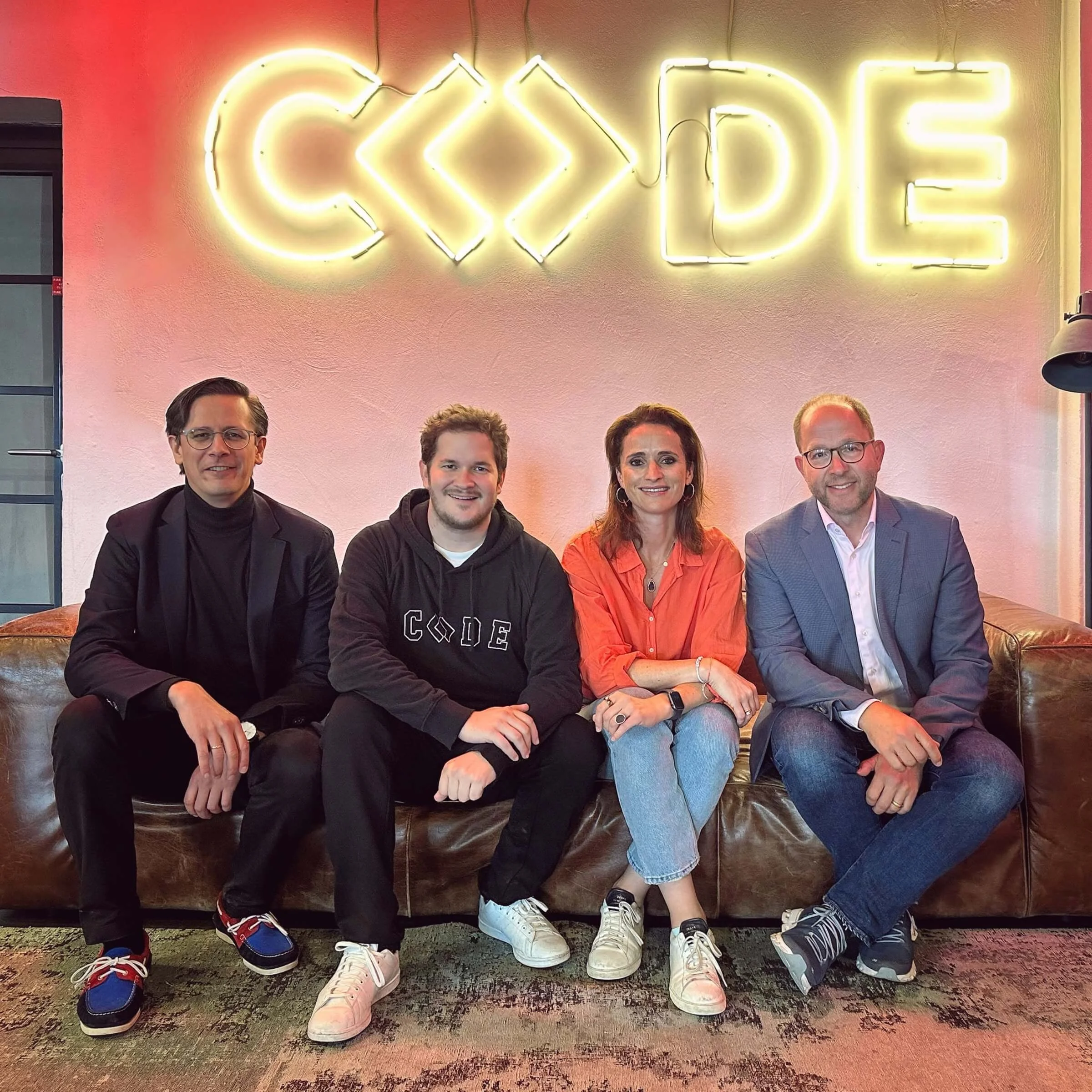
High-profile university manager leads CODE into a new era
By CODE
Berlin, July 5, 2023 – CODE University of Applied Sciences appoints Dr. Reimar Müller-Thum as the university’s CEO and Chancellor. Müller-Thum brings extensive experience in education and technology.

Interaction Design: Empowering the Future of User-Centric Experiences
By CODE
Interaction Design plays a pivotal role in shaping intuitive and meaningful digital experiences. If you’re captivated by the fusion of human behavior, aesthetics, and cutting-edge technology, a career in Interaction Design is a pathway wort...

Breaking the Mold: Why Project-Based Learning Is the Future of Tech Education
By CODE
Project-based learning is gaining traction and showing immense potential, especially in tech education. With project-based learning methods, students are not expected to sit passively and listen to lectures, they’re expected to dive right i...

Computer Science and Software Engineering: What’s the difference?
By CODE
In tech education, software engineering and computer science are used interchangeably. Of course, this leads to some confusion. There is a clear difference between the two and understanding it is crucial for aspiring tech professionals.
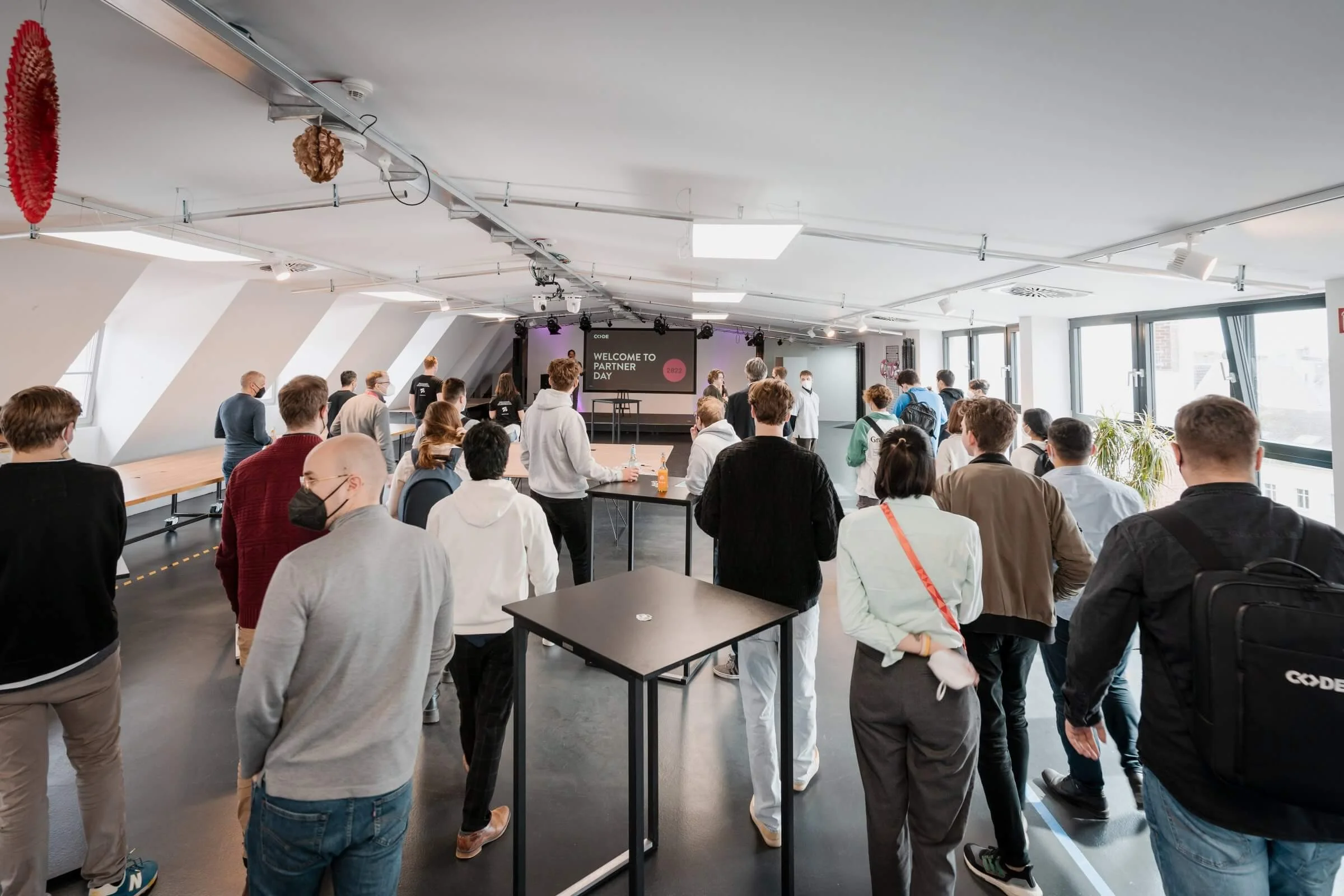
6 Things That Top Tech Universities Offer Students Looking For a Career In Tech
By CODE
Determining what makes a top tech university stand out among others is something that depends on a range of factors. Taking into consideration the faculty, research opportunities and industry partners can provide valuable insights into the ...

Why Students Are Opting For Technical Universities in Berlin
By CODE
Berlin is full of technical universities. It has a thriving tech industry, with many start-ups, established companies, and research institutions located in the city. A top technical university provides students with opportunities and a netw...

Generative Design: Exploring Creativity with Computer Systems
By CODE
Professor Daniel Buzzo inspired the Generative Design project which produced an anthology that showcased students’ work for the second time in two years. The book features a collection of two-page student contributions illustrating what cre...
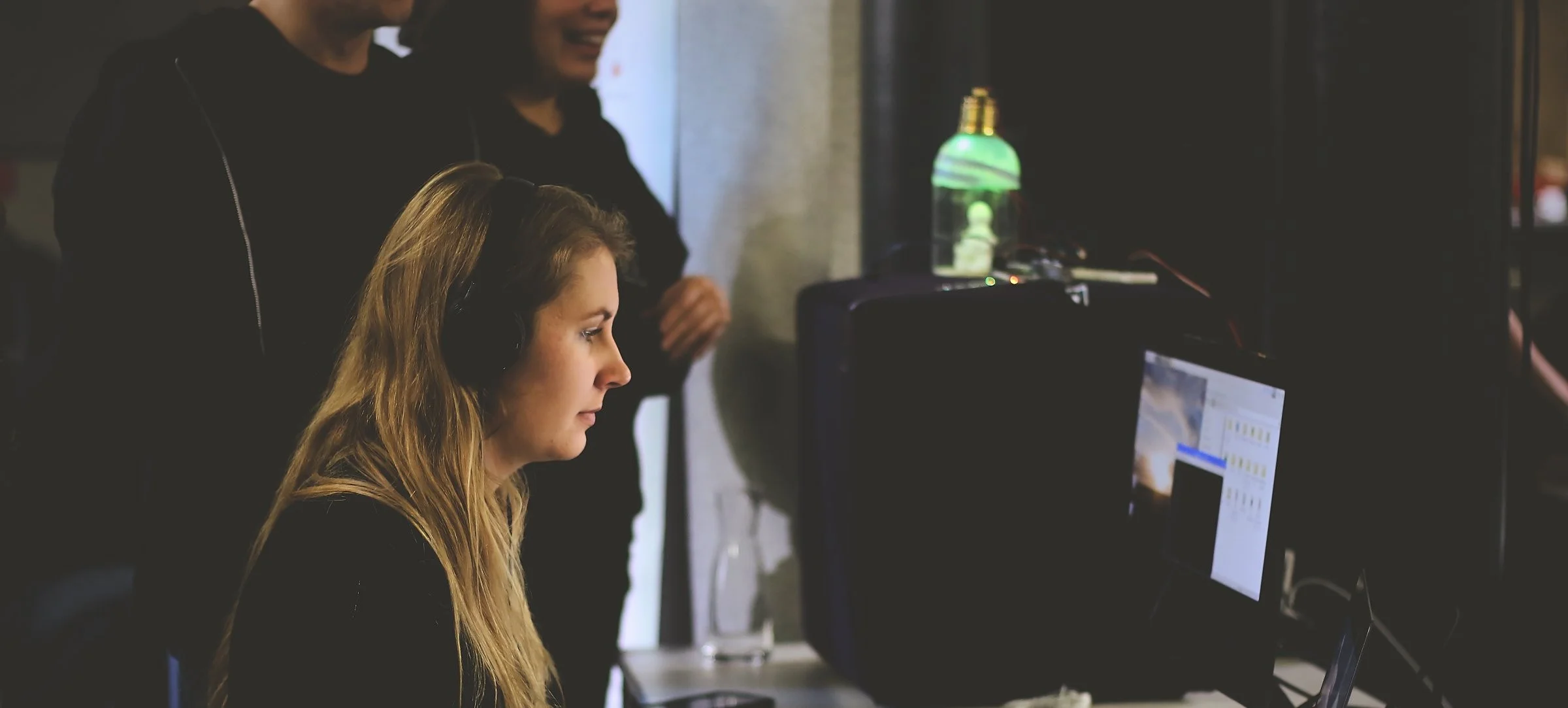
Product Managers Ensure Artificial Intelligence Is Ethical
By Kavita Kapoor
With so much hype and fear around AI stealing jobs and transforming lives, how can we be sure that we’re creating tech for good? Resident Senior Lecturer in Product Management for Emerging Technology, Kavita Kapoor, shares her insights abou...
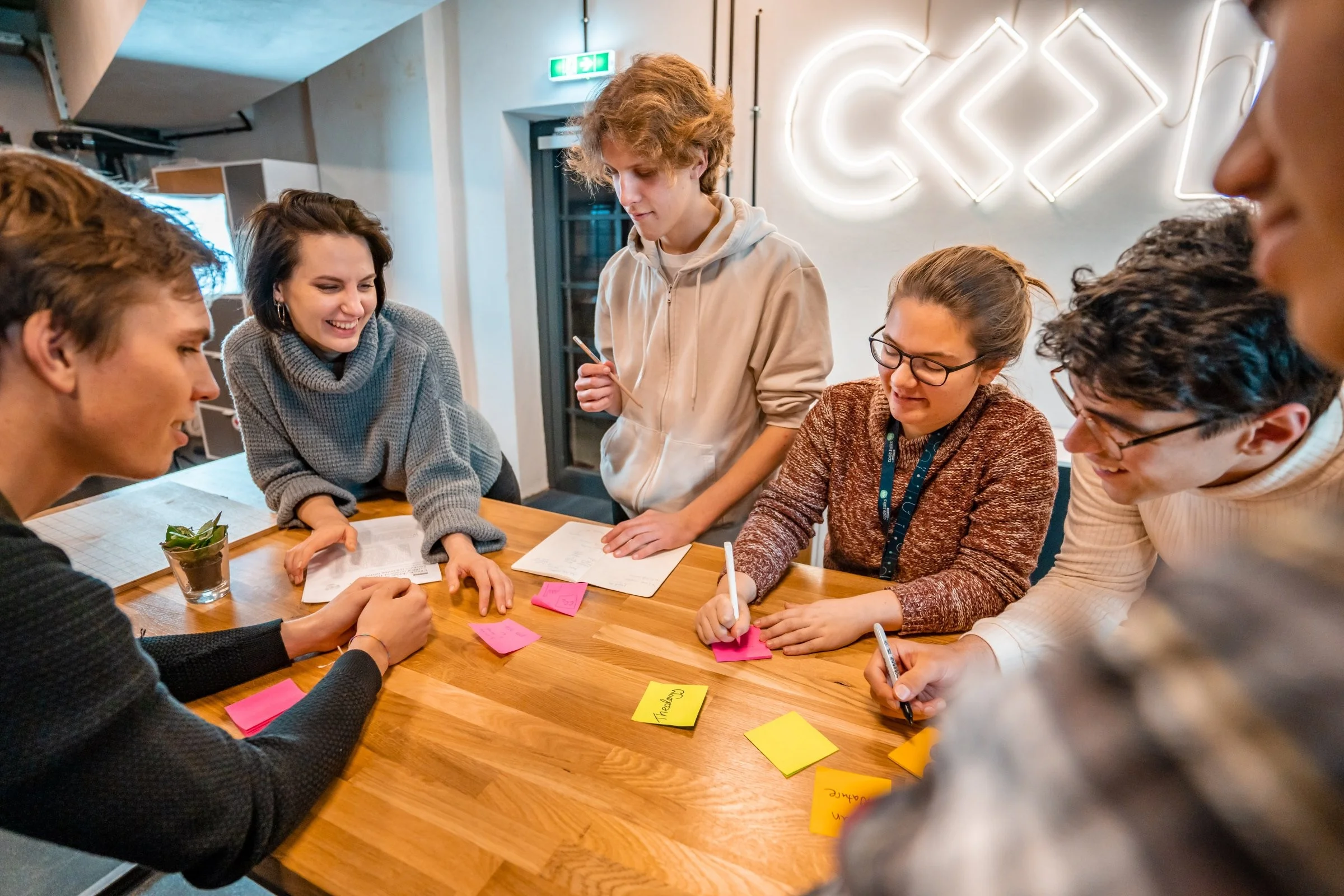
6 Ways a University of Applied Sciences Can Offer You a Fresh Study Path
By CODE
At CODE, Berlin’s start-up university of applied sciences, we’re no strangers to students coming from different study programs in pursuit of a degree in Software Engineering, Interaction Design or Product Management.

Peter Ruppel is elected the new President of CODE
By CODE
Berlin · March 1, 2023 – Prof. Dr. Peter Ruppel has been unanimously elected as the new President of CODE University of Applied Sciences by its academic senate. His four-year term will begin on March 1, 2023. Khurram Masood, co-founder of A...
Software entrepreneur Stephan Schambach and Mr. Spex CEO Dirk Graber sponsor CODE with two students
By CODE
Berlin, January 5, 2022 – CODE University of Applied Sciences has gained two more prominent supporters in internet pioneer Stephan Schambach and Mr. Spex CEO Dirk Graber. They are joined by Valentin von Albrecht and Hendrik Hofstadt, among ...

2021 Wrap-Up | International Office
By CODE
Our first 2021 WRAP-UP of the day is from the International Office at CODE! The International Office at CODE is the first central point for all matters related to international exchange programs for students, faculty members and university ...

2021 Wrap-Up | Jonathan Caspari
By Jonathan Caspari
Today, we’re wrapping up with Jonathan Caspari! Jonathan is a Thirdparty Interaction Design student in his final semesters at CODE. Jonathan, also an extremely talented photographer, shares his 2021 WRAP-UP with us;
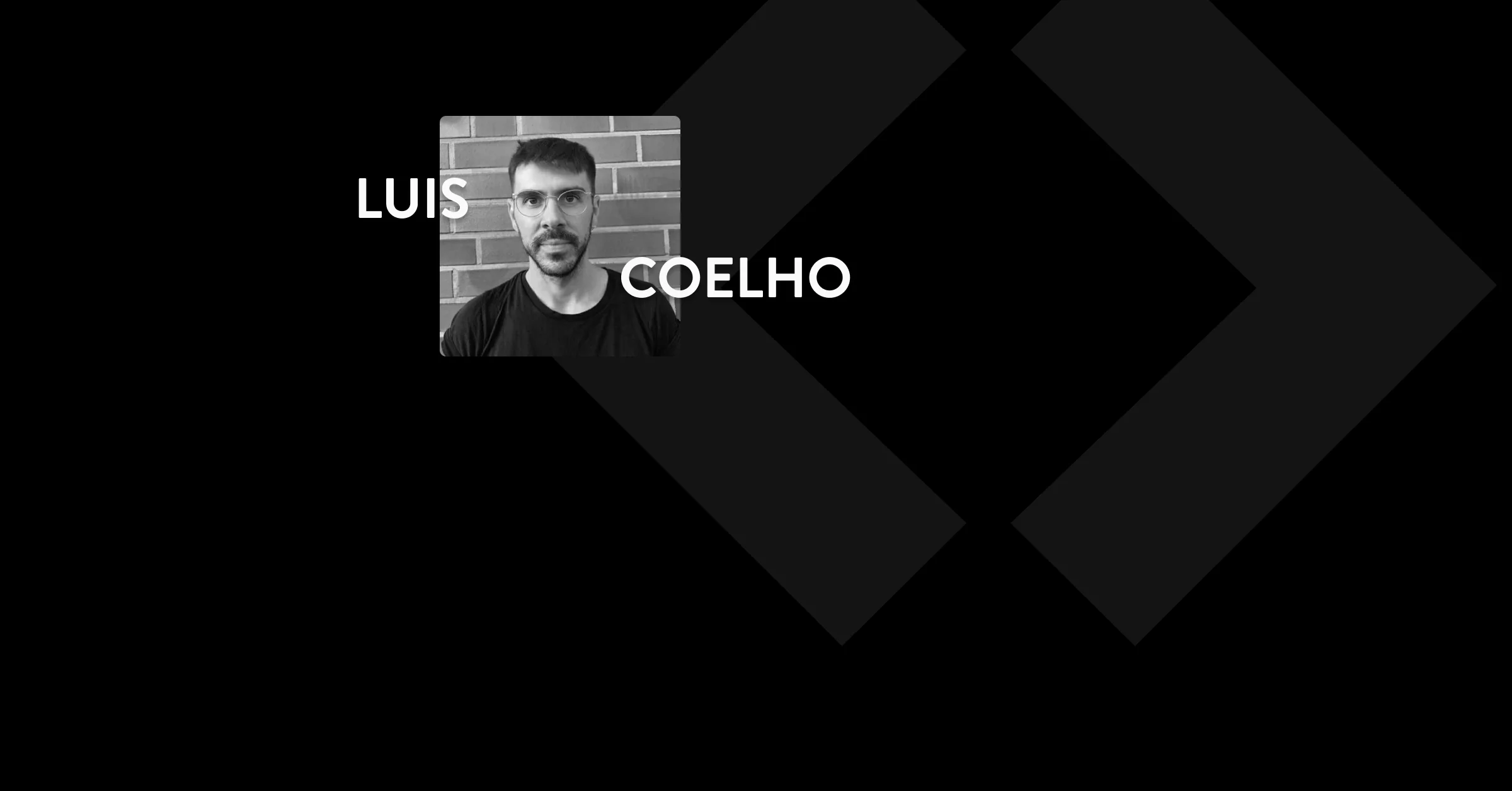
2021 Wrap-Up | Luis Coelho
By Luis Coelho
Today we are honored to share the 2021 WRAP-UP of NextGeneration, Software Engineering student Luis Coelho, who has recently handed in his Bachelor Thesis!
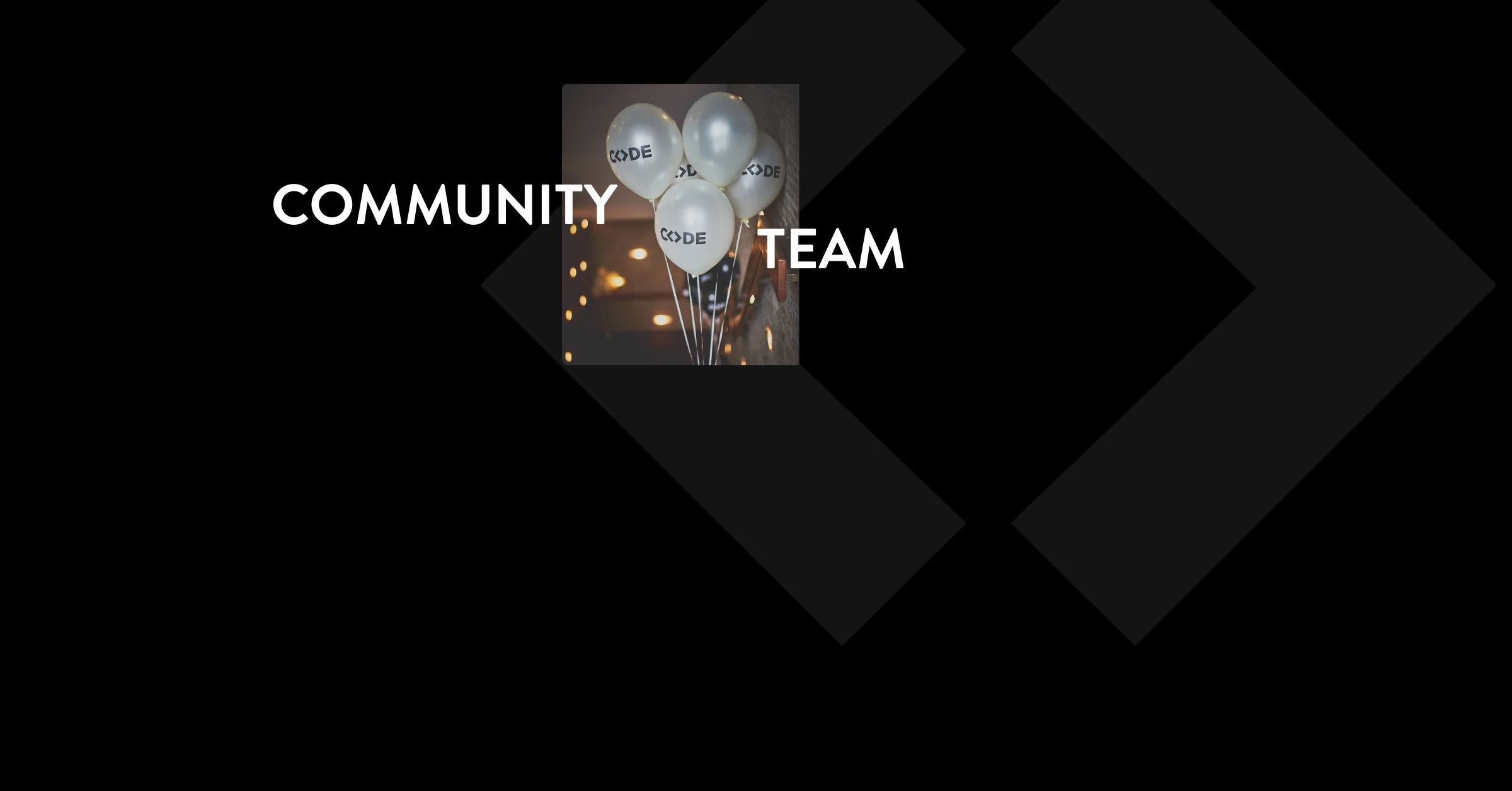
2021 Wrap-Up | CODE Community Team
By CODE
Today we’re wrapping up with our CODE Community Empowerment Team. This team works very hard to ensure our CODE Community is connected and able to enjoy not only an academic CODE experience – but one that develops us personally, too. Hana G...
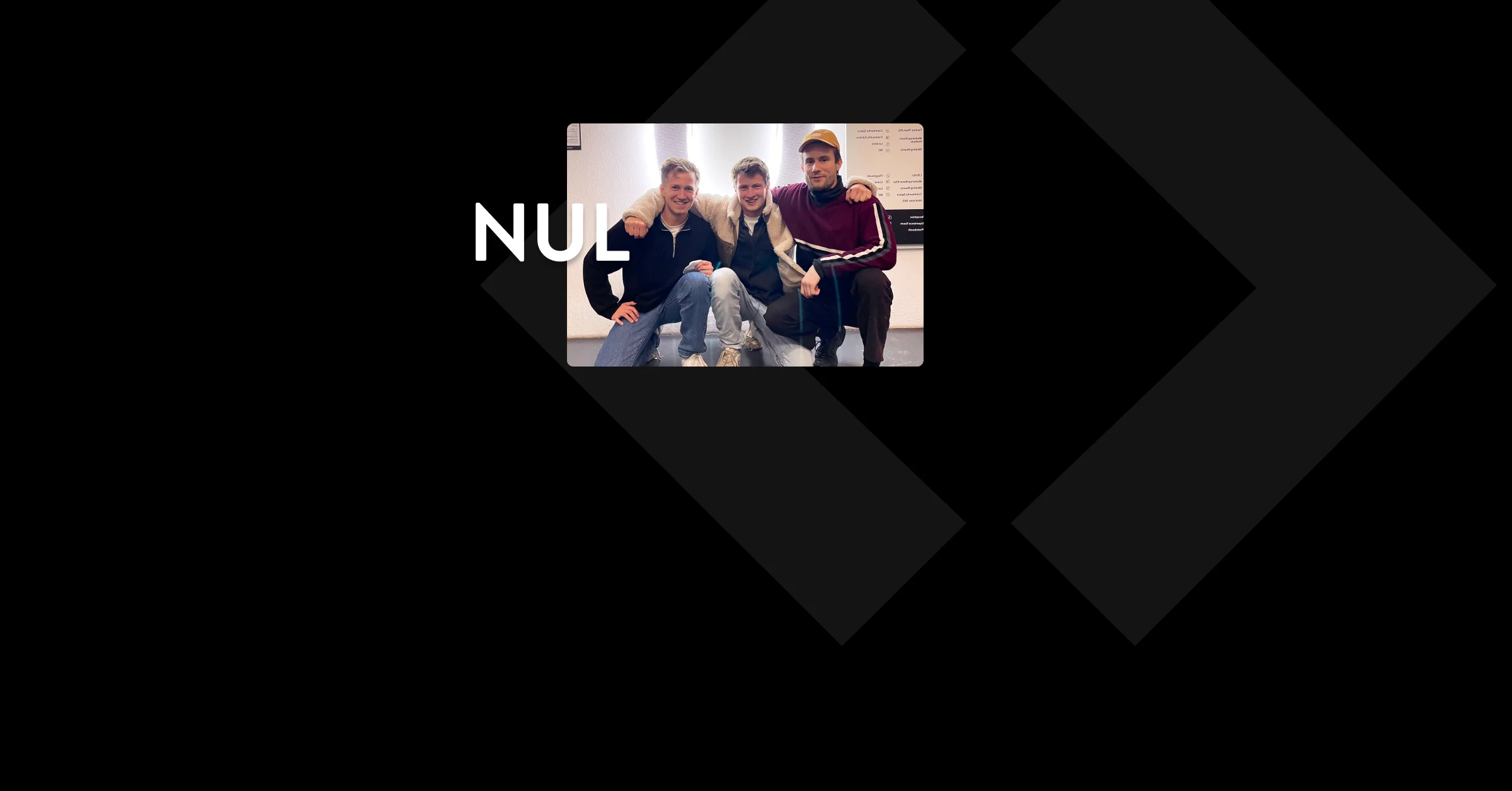
2021 Wrap-Up | Nul
By Niklas Terrahe
This week we are wrapping-up with Niklas Terrahe, ThirdParty Product Management student. Niklas, and his co-founders Fabrice Diedrich, ThirdParty Product Management student, currently working on Compensaid, Lufthansa’s official carbon offse...

2021 Wrap-Up | Porsche id.8
By CODE
Today we’re excited to share a 2021 WRAP-UP of an Official CODE Partner Project! This semester, our Partner, Porsche AG joined forces with our students to work on Porsche id.8.
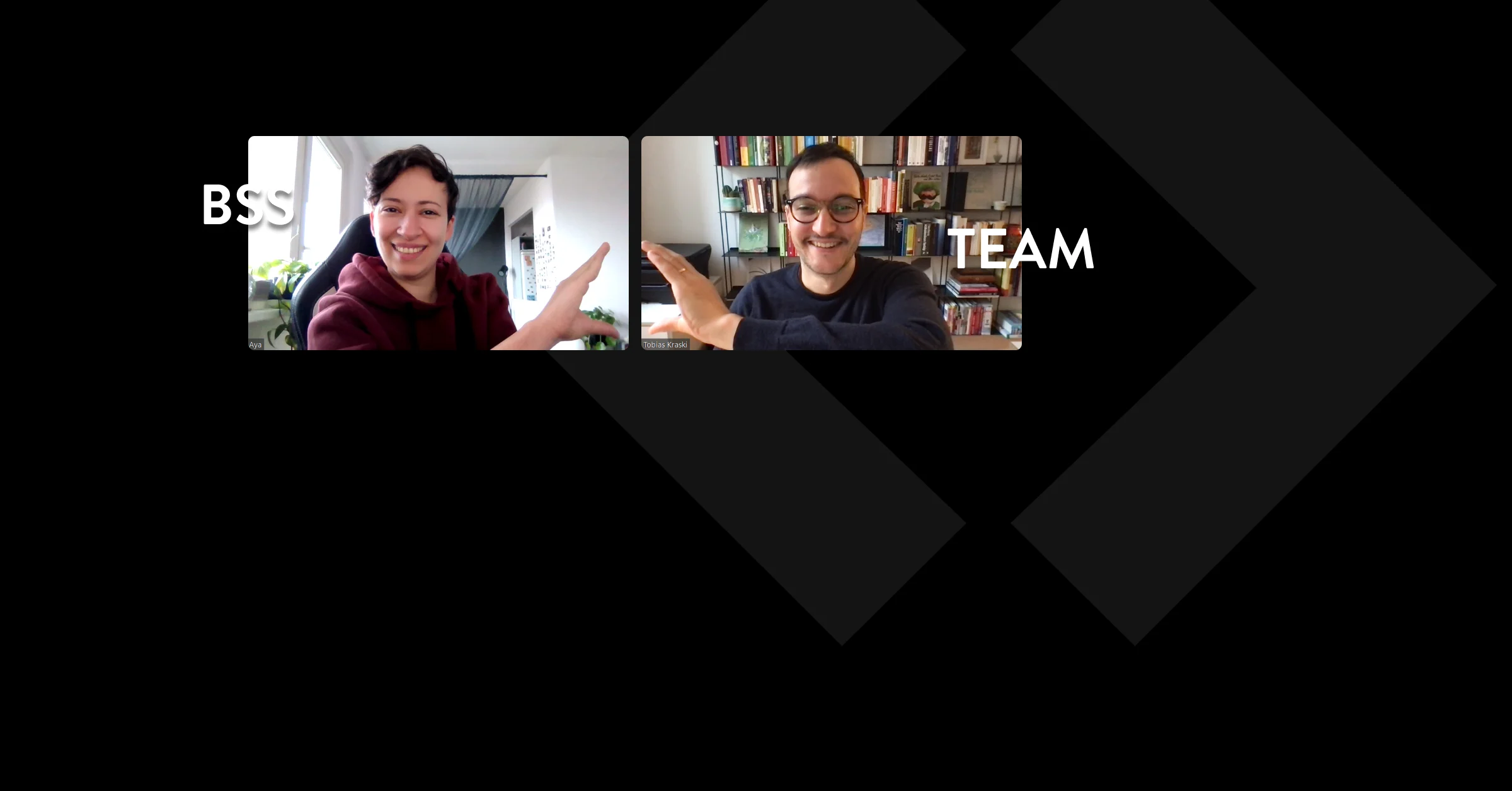
2021 Wrap-Up | BSS Team
By CODE
Today’s 2021 WRAP-UP comes from our incredible Berliner Startup Stipendium Team. ThirdParty Product Management student and BSS Startup Coach, Aya Douba and Head of Pre-Seed Startup Grant, Tobias Kraski, spent the last 7 months running CODEs...

2021 Wrap-Up | Glenn Gregor
By Glenn Gregor
We are very excited about this 2021 WRAP-UP. Today, we’re with Fourth Dimension, Software Engineering student Glenn Gregor.
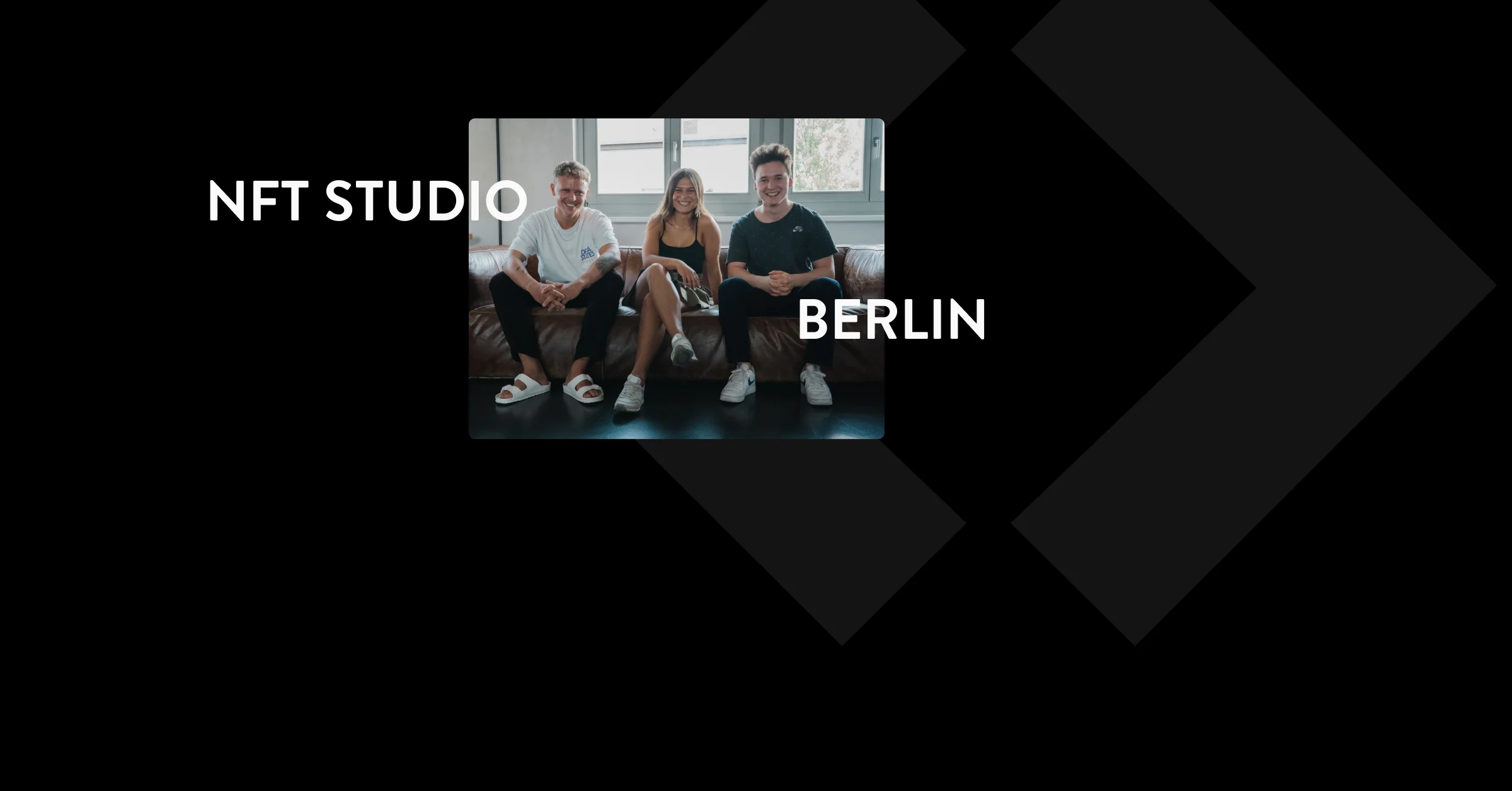
2021 Wrap-Up | nft studio berlin
By Vicktoria Klich
Let’s wrap up the week with nft studio berlin! Today, we’re hearing from Vicktoria Klich NextGeneration Product Management student & Co-Founder of nft studio berlin.

2021 Wrap-Up | Malik Piara
By Malik Piara
We are very excited to share today’s 2021 wrap-up which is dedicated to Malik Piara, #NextGeneration Product Management student.

2021 Wrap-Up | AULIOS
By CODE
AULIOS – We envision a world where light is so powerful that it improves people’s lives in a useful, emotional, and healthy way daily.
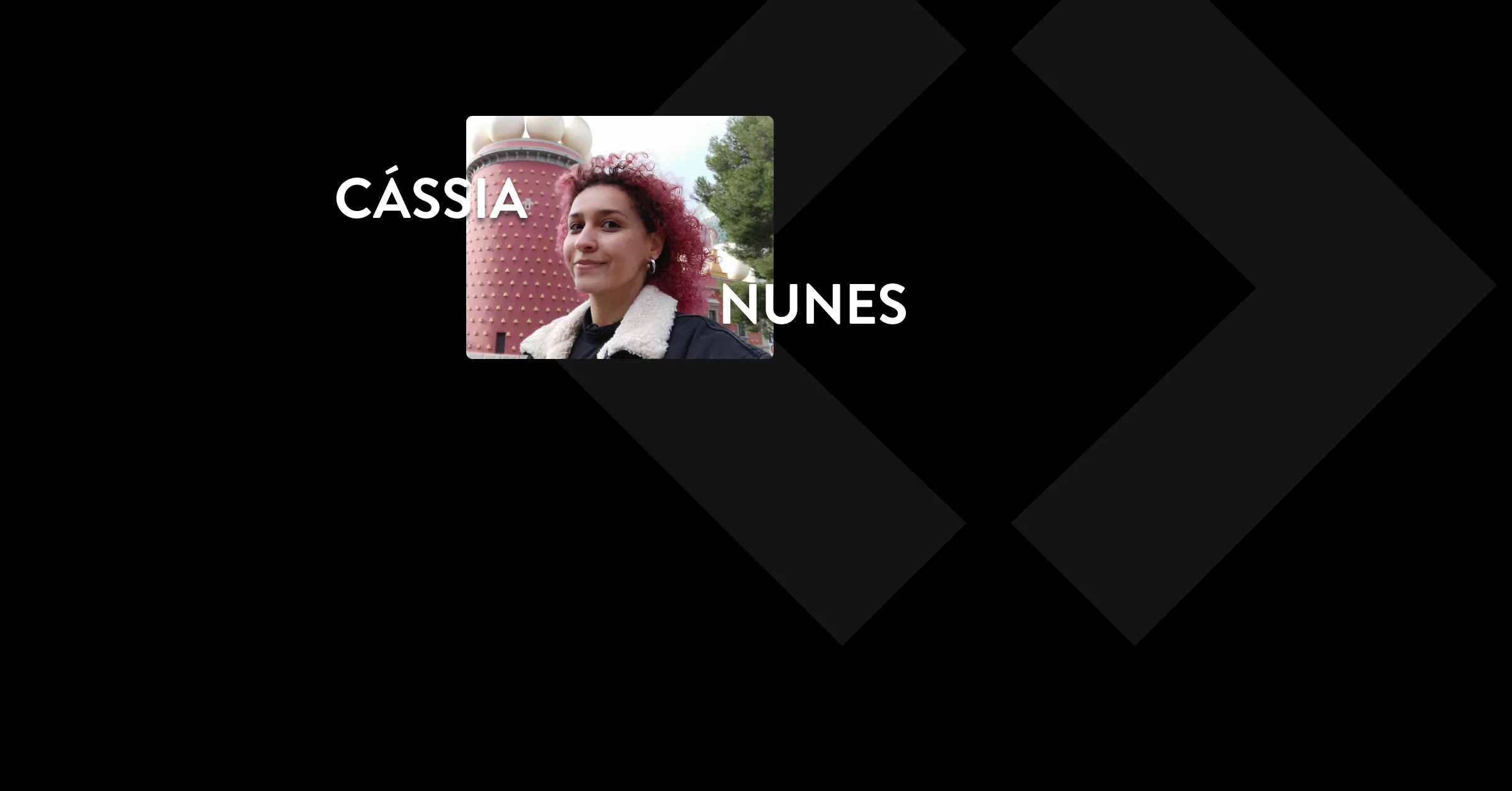
2021 Wrap-Up | Cássia Nunes
By Cássia Nunes
Today’s 2021 WRAP-UP is from Cássia Nunes, Fourth Dimension Interaction Design student. Cássia is going into her fourth semester at CODE, having studied fashion design and consumer behaviour prior to moving into UX/UI, Cássia spent the last...
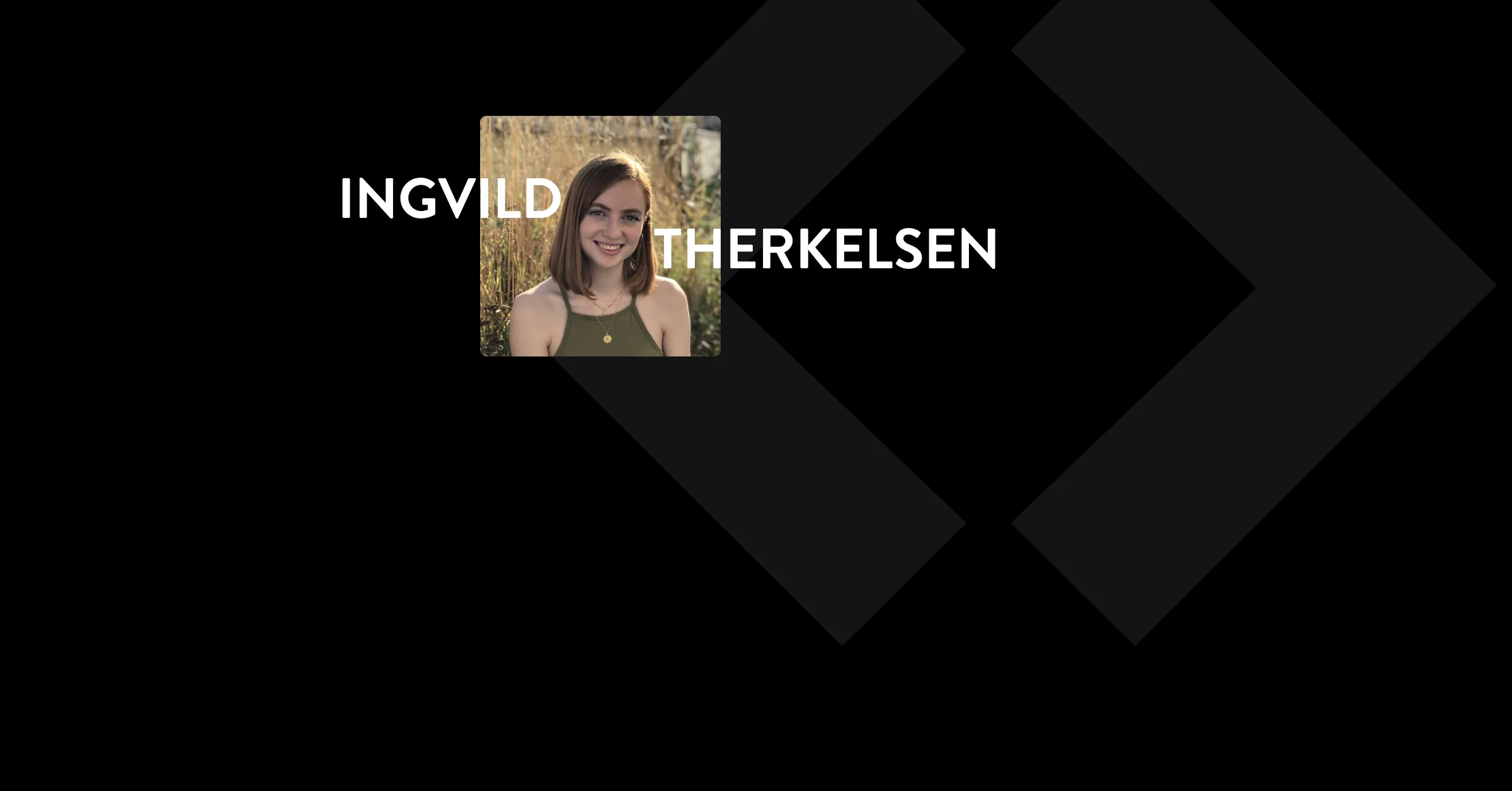
2021 Wrap-Up | Ingvild Therkelsen
By Ingvild Therkelsen
We’re starting the week with another Exchange WRAP-UP! We’re wrapping up with Ingvild Therkelsen, an Interaction Design student from our Partner University, Norwegian University of Science and Technology, located in Gjøvik. Ingvild spent th...

2021 Wrap-Up | Jan Neumann
By Jan Neumann
Jan has spent the last year working on some really cool projects, and we’re excited to show you some of the work he’s done. This semester, Jan focused more on learning and having fun with different projects. He’s currently working on some p...
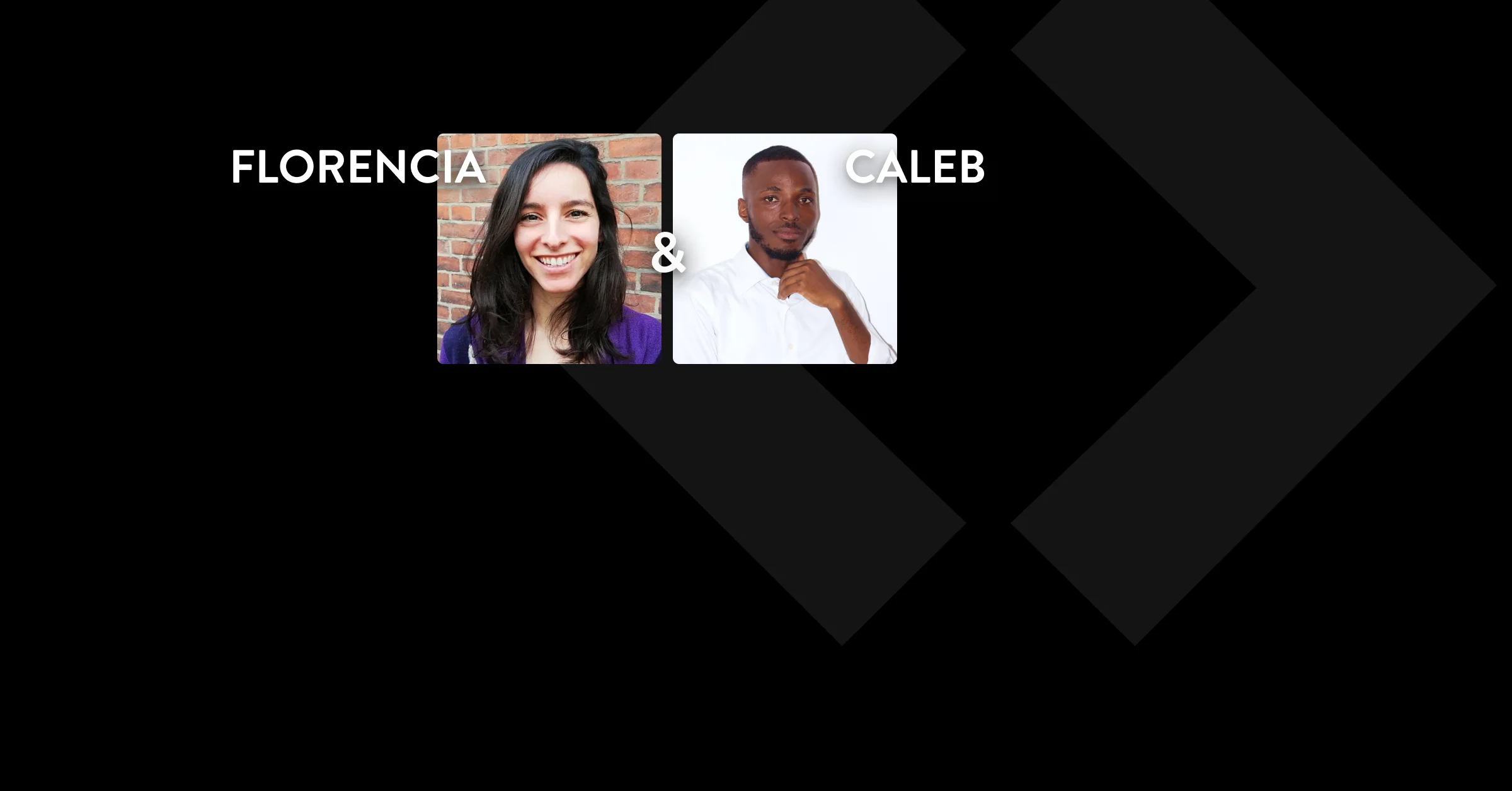
2021 Wrap-Up | Florencia Noriega & Caleb Apronti
By Florencia Noriega & Caleb Apronti
We’re always excited when students & faculty come together to work on projects! This 2021 WRAP-UP is from our Artificial Intelligence Senior Lecturer, Florencia Noriega, and #FourthDimension Software Engineering student Caleb Apronti.
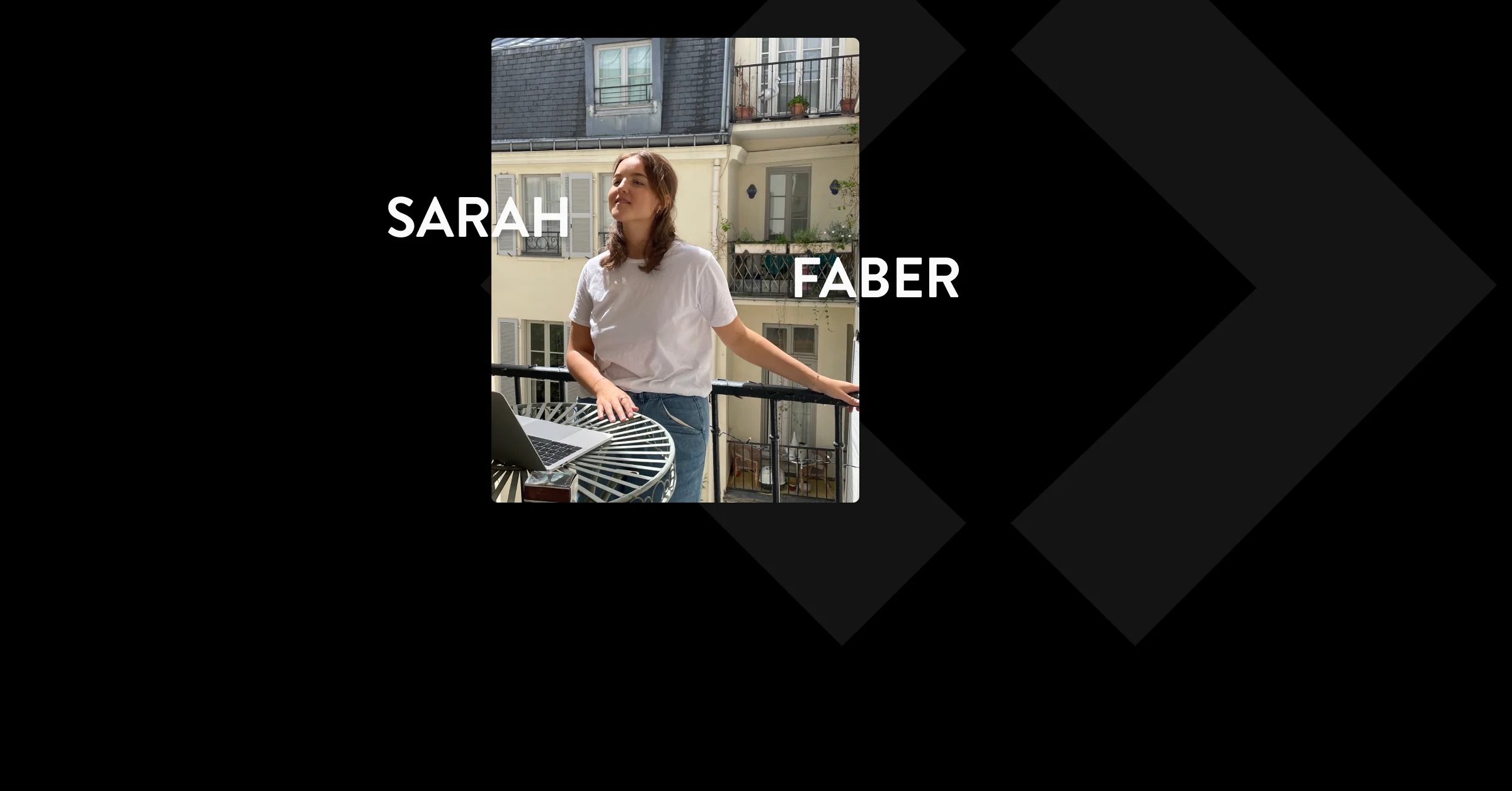
2021 Wrap-Up | Sarah Faber
By Sarah Faber
Today’s 2021 wrap-up is dedicated to Sarah Faber, #NextGeneration Product Management student.
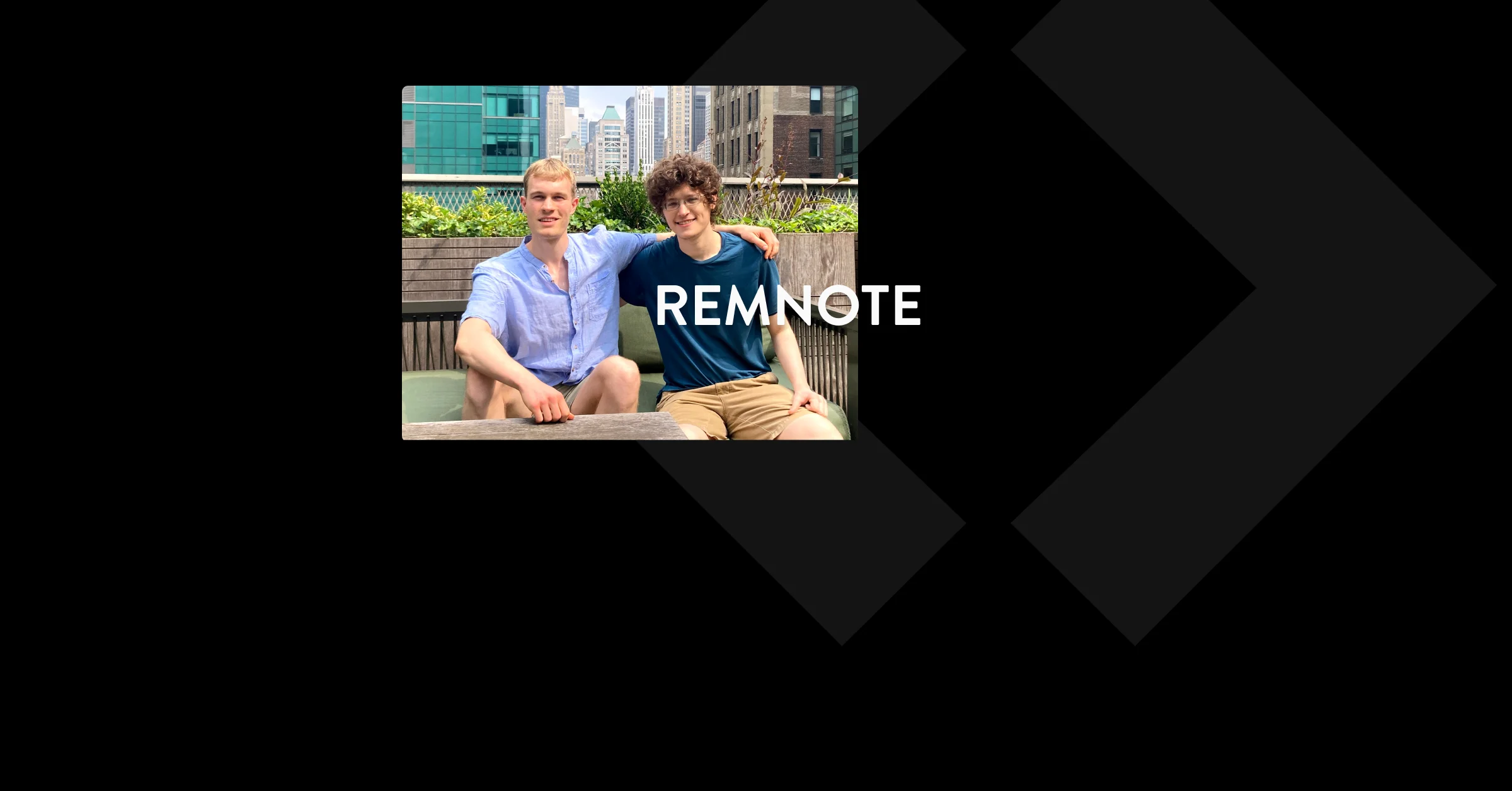
2021 Wrap-Up | RemNote
By CODE
RemNote aspires to reinvent how we learn, think, and collaborate. We’re building an all-in-one thinking and learning workspace to help individuals and teams organize their thinking, master their craft, and grow their knowledge.
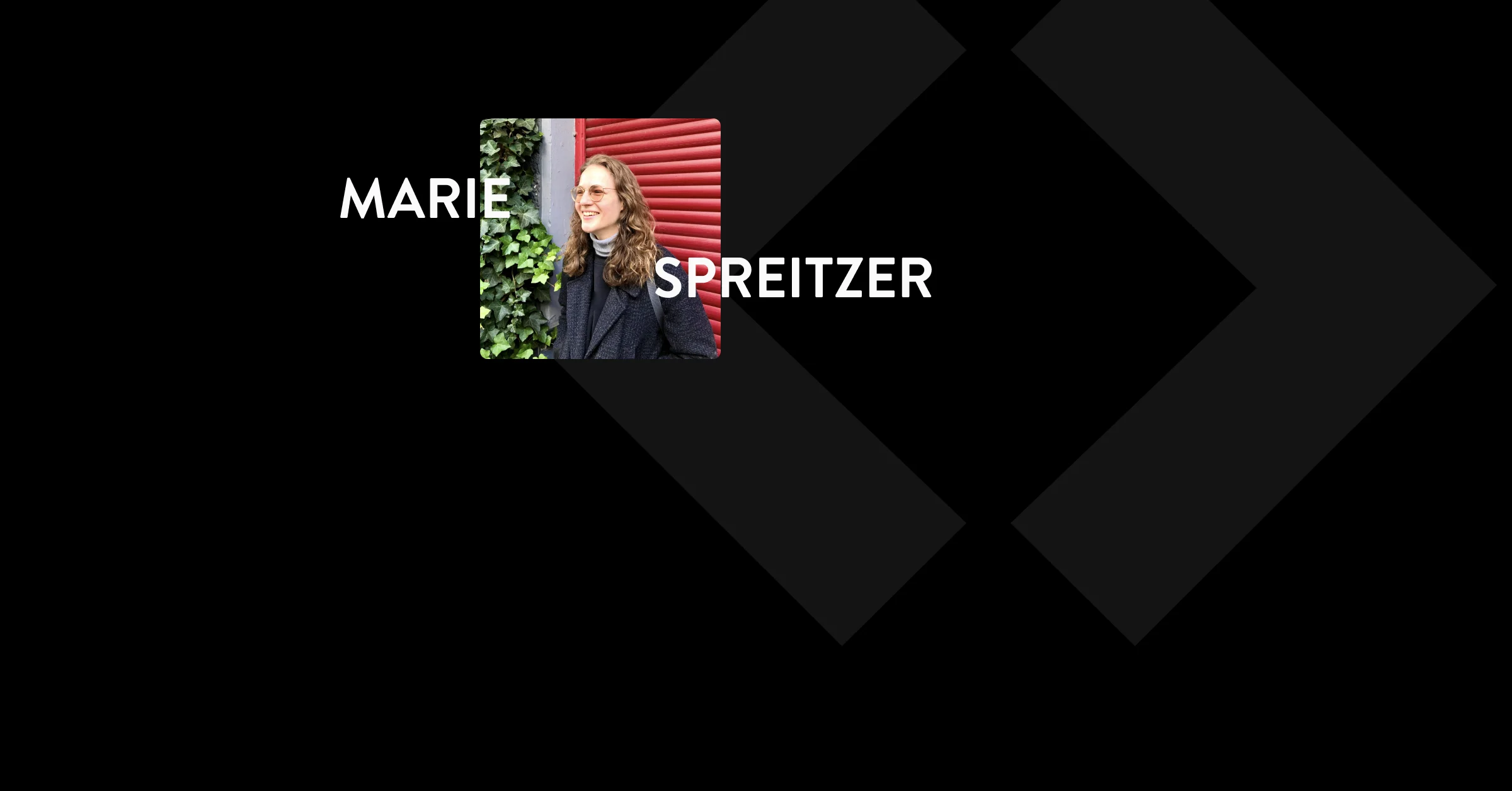
2021 Wrap-Up | Marie Spreitzer
By Marie Spreitzer
This year, Marie finished her Bachelor of Arts in Interaction Design at CODE.

University Council of CODE University of Applied Sciences newly elected
By CODE
Berlin, November 17, 2021 – The University Council of CODE University of Applied Sciences has been newly elected. Verena Pausder, Dr. Diana Knodel and Prof. Dr. Stephan Stubner will form the University Council for the next four years. CODE ...

The “Right Mindset” with tokenstreet
By ReBecca Compton
One of the (thousands of) perks of the Digital Age is enjoying access where there wasn’t any before. Vincent Amm (#ThirdParty Product Management), Mona Feder (#ThirdParty Interaction Design), Lenny-Campino Hartmann (#ThirdParty Software Eng...

The freedom you get at CODE goes hand in hand with the freedom you get from Berlin
By CODE
CODE students are coming from 67 different countries across the world. Irina is one of them; she’s an Interaction Design student from Russia. She applied in 2018, got accepted in 2019, then did a gap year to work. During this time away, she...

The story behind Worn Stories
By Hana Grgić
As a clothing lover myself, everything that includes fashion catches my eye. I’m not interested in typical (mainstream) clothing companies, we all know that ultra-fast fashion is eating the world and people are often buying clothes they don...

Every small step matters: “Quit smarter” with Leaf’s addiction support
By ReBecca Compton
“I might be addicted to cannabis. I do it a bit too often, maybe I should cut down? Lemme check the internet for what’s out there…Hey! There’s a way for me to practice therapy on my own first.” This is the thought process Jan Brebaum, #thir...

Inside an Admission Day: A Super-secret Peek into the Last Step of the Admission Process
By ReBecca Compton
Hey you, come closer! I have something super secret to tell you: what it’s really like inside one of CODE’s Admission Days! Don’t tell anyone I’m telling you this…

For the Success of Many: Entrepreneurial Support for Female Founders
By ReBecca Compton
Say you’re putting together a panel for an entrepreneurship event. You want your panel to feature people from diverse backgrounds…but your pool of potential panelists doesn’t reflect the diversity you’re shooting for. Because the lack-of-re...

Breaking the Dam: A Convo with Three of our Alumni
By ReBecca Compton
Think of the expanding number of CODE’s graduates like a dam breaking. First we had 2, then only a few weeks later 5, suddenly 9, with handfuls and handfuls more turning in their Capstone Projects (final projects) every month. CODE alumni l...

“If I survive, I’ll definitely send a selfie of me and the polar bear.”
By ReBecca Compton
Yoav Weber is CODE’s first student to do a study exchange at Norwegian University of Science and Technology (NTNU). We had originally conceptualized NTNU as first-and-foremost for Interaction Design students, but Yoav is there studying Soft...

The remote orientation semester is behind us and this is what we’ve learned
By CODE
It’s no secret that the first semester at every university is usually the most exciting and very challenging. This year, however, something completely new occurred. Nobody could predict, not even in the wildest dreams, that this year will b...

*Drum rolls* CODE has its first graduates!
By CODE
Virtual Demo Day was a perfect opportunity to finally introduce our first graduate, Oluwatobi (Tobi) Adeyinka. CODE chancellor and founder, Thomas Bachem, remembered Tobi’s first day at CODE and the moment when we asked students to come up ...
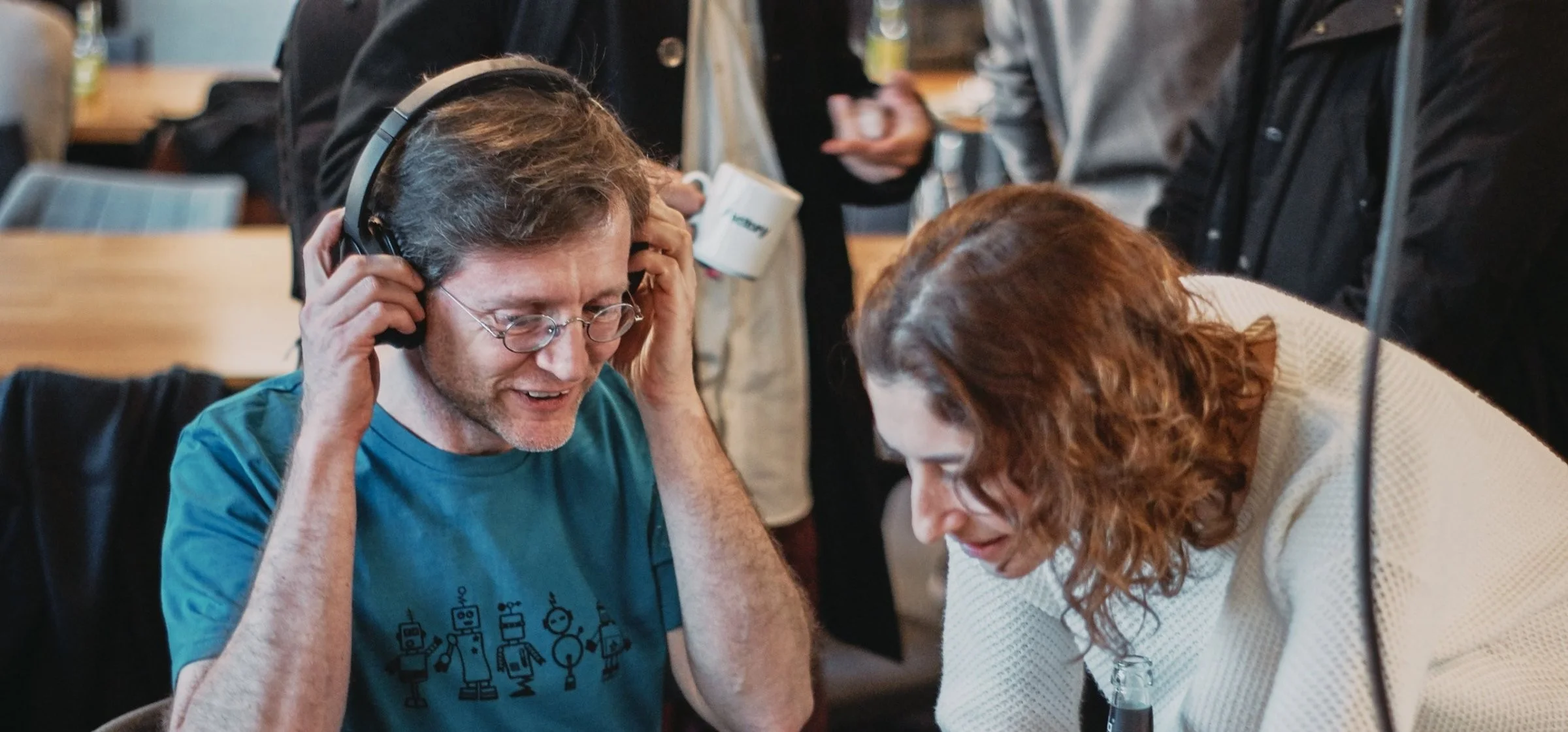
Let’s talk more about accessibility
By CODE
There are so many things we do every day that we take for granted: browsing the internet, texting our friends, scrolling our Instagram feeds, opening the Spotify playlist. But many technology-related actions we do are not accessible to mill...
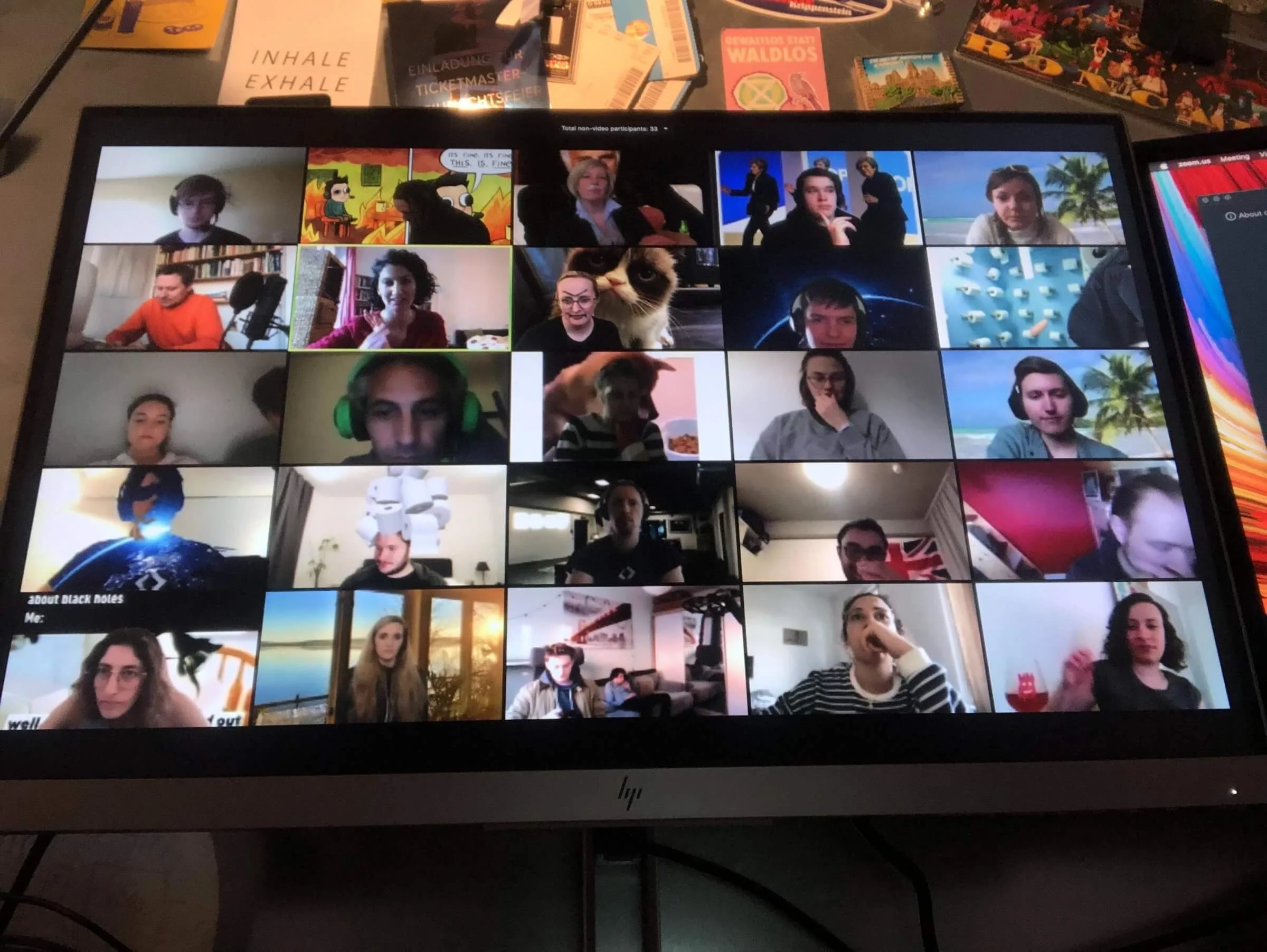
Our first remote studying impressions: When sticky notes turn into chat lines
By CODE
With the spread of COVID-19 reaching the level of a global pandemic, it was inevitable for CODE University of Applied Sciences and the digital pioneers that we needed to make some changes.
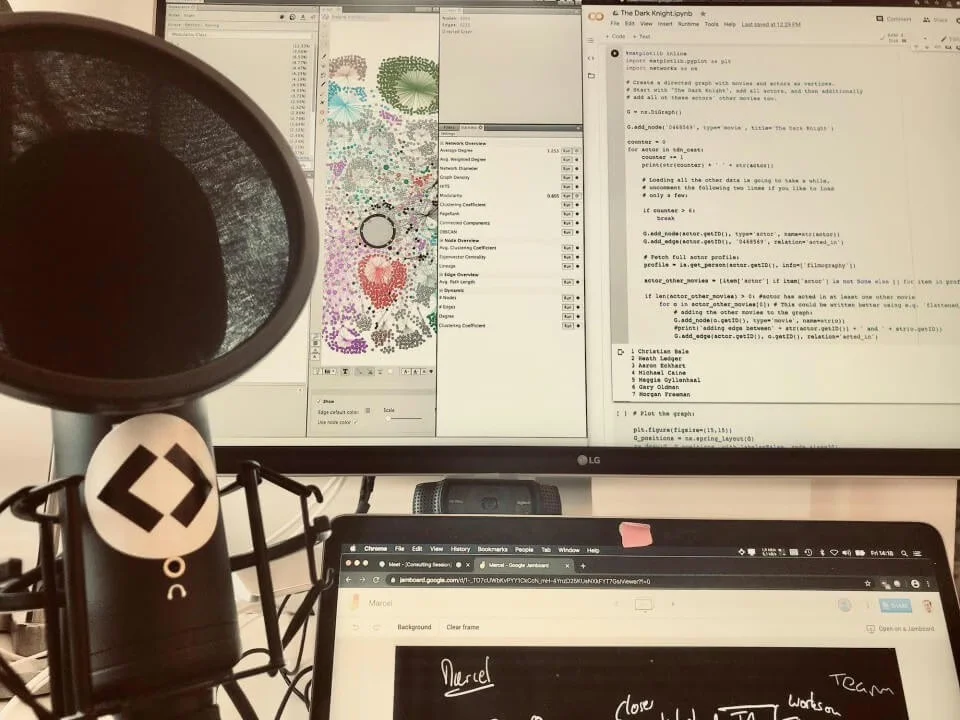
The Remote Professor
By Peter Ruppel, Professor at CODE
One week ago, I switched to 100% remote teaching. This includes all of my four courses, office hours, student project consulting and personal mentoring – like every other faculty member at CODE University of Applied Sciences. So far, our re...

“I wish I started coding earlier”
By CODE
Lotta Melcher is a #thirdparty Software Engineering student at CODE. We spoke to her about her motivations, challenges, her time at CODE and role models.
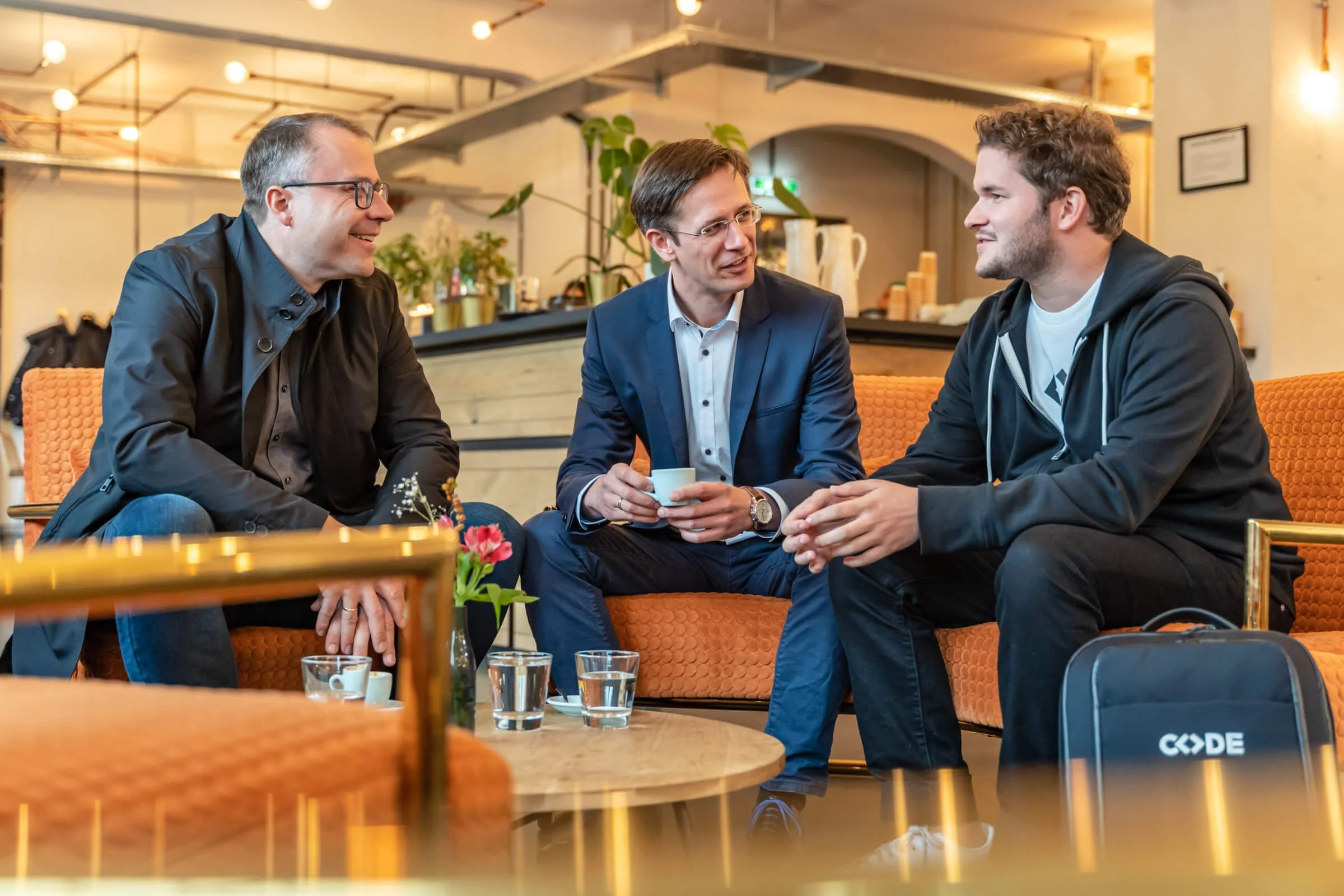
Appointment of endowed professorship
By CODE
Berlin, September 23, 2019 – CODE is pleased to announce the appointment of endowed professorship to Dr. Peter Ruppel. The professorship is made possible by T-Labs, Deutsche Telekom’s central research and innovation unit, and will bring in ...

T-Labs and CODE join forces
By CODE
Berlin, 12.6. 2019 – Telekom Innovation Laboratories (T-Labs), Deutsche Telekom’s central research and innovation unit, signs up a partnership with CODE University of Applied Sciences (CODE), a Berlin-based private state-accredited universi...

Facebook becomes partner of CODE
By CODE
Facebook and the CODE University of Applied Sciences are entering into a partnership to train the digital pioneers of tomorrow.

State of Berlin grants state recognition to CODE
By CODE
The State of Berlin Senate Chancellery for Science and Research has granted CODE University of Applied Sciences state-recognized status.
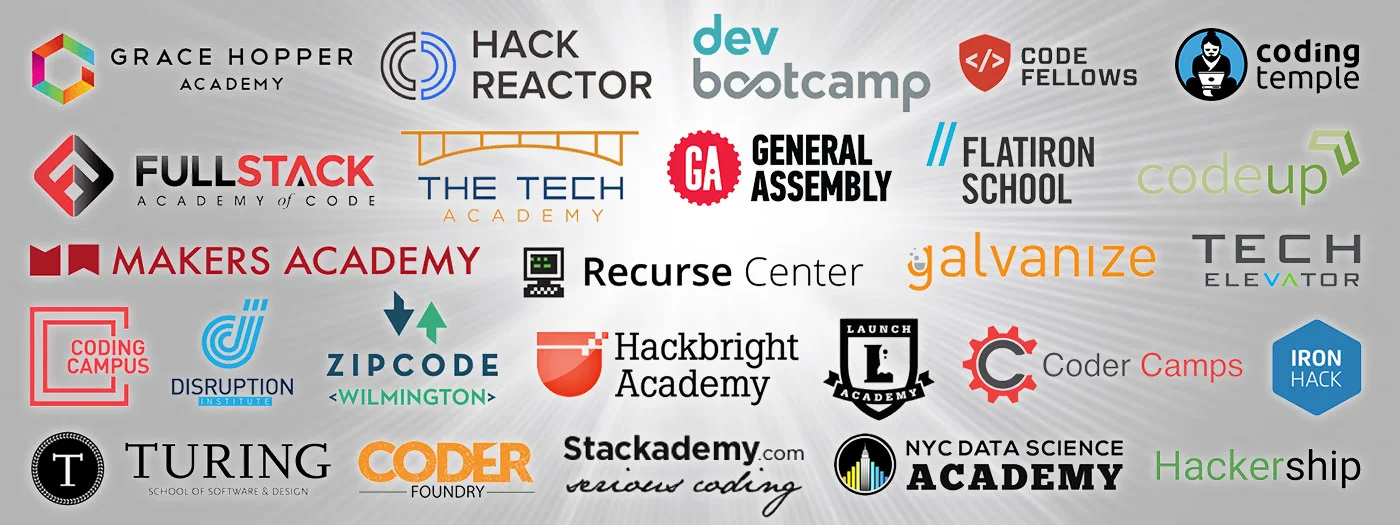
Rise of the Coding Bootcamps
By CODE
The great demand for skilled software developers has led to the launch of more than 300 so called Coding Bootcamps in the last years, mainly in the US but also worldwide. The promise of these camps sounds tempting, but what lies behind it? ...

Don’t confuse Computer Science with Software Engineering
By CODE
One thing we come across quite often when discussing our ideas about modern tech education is the confusion between computer science and software engineering.